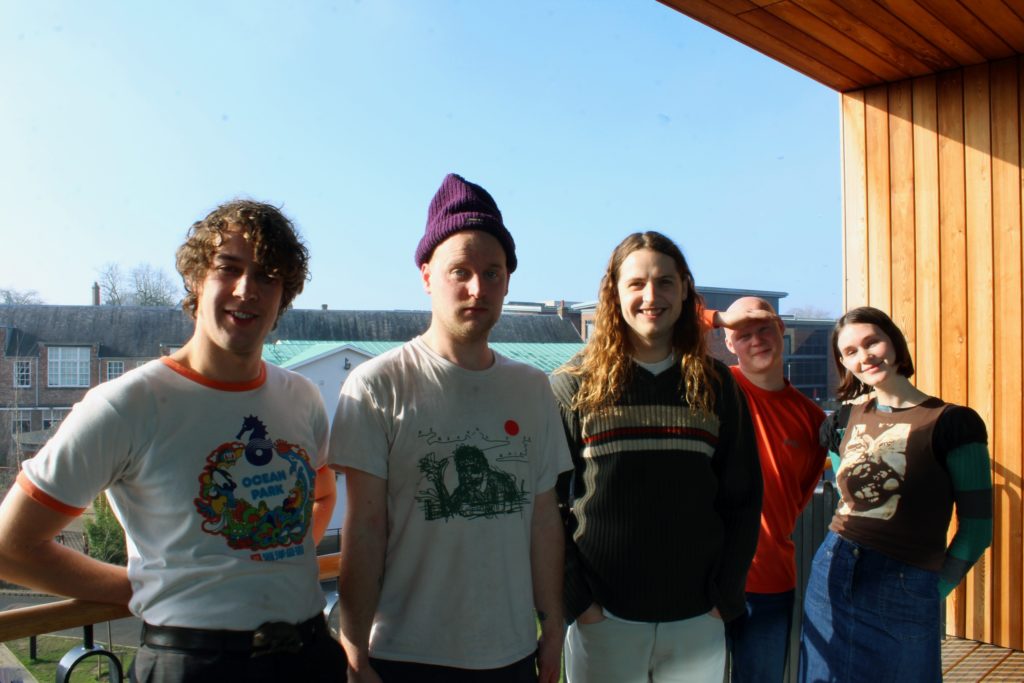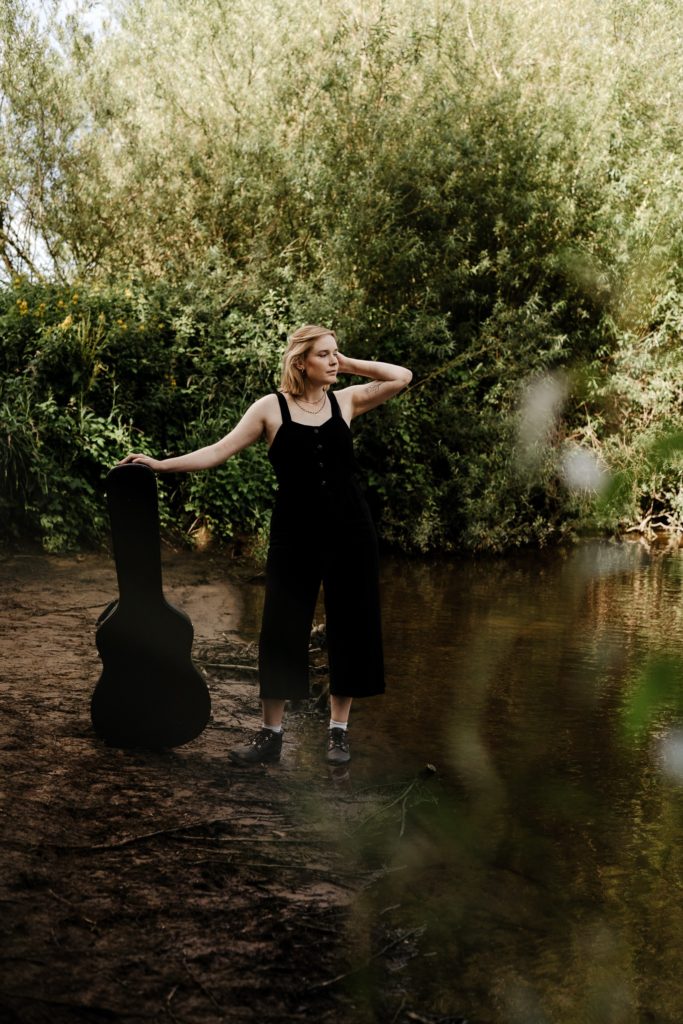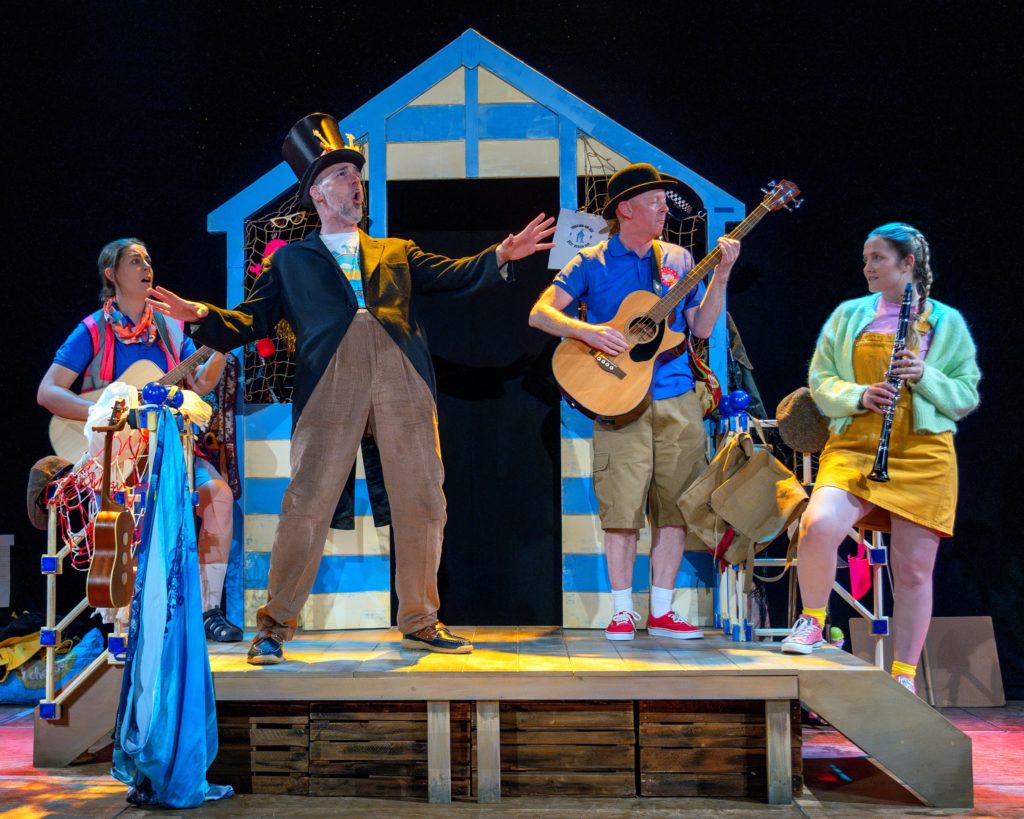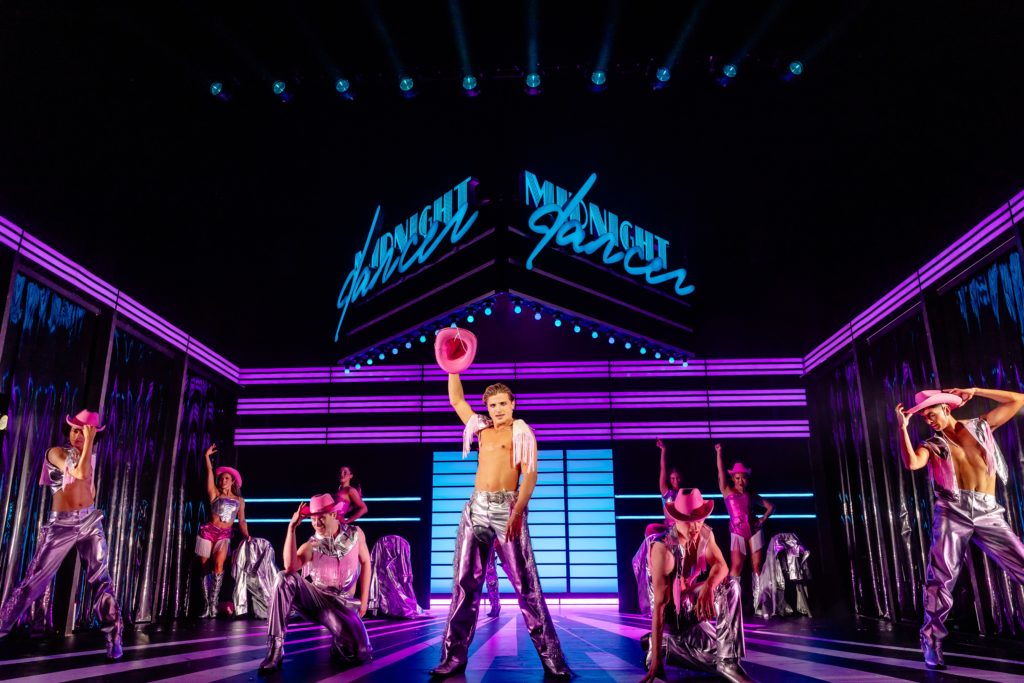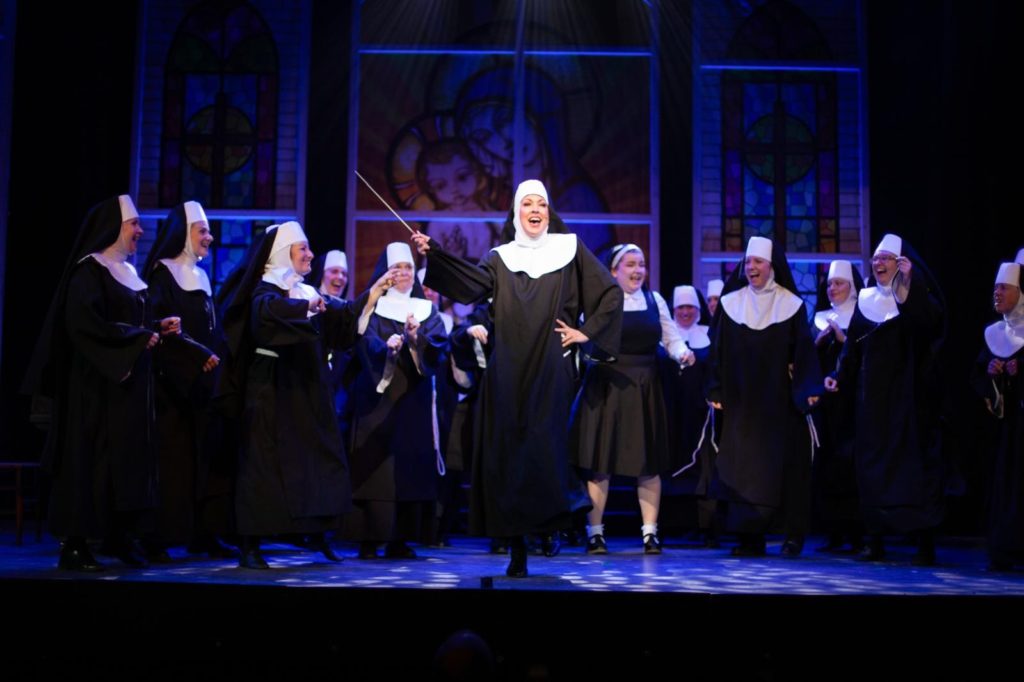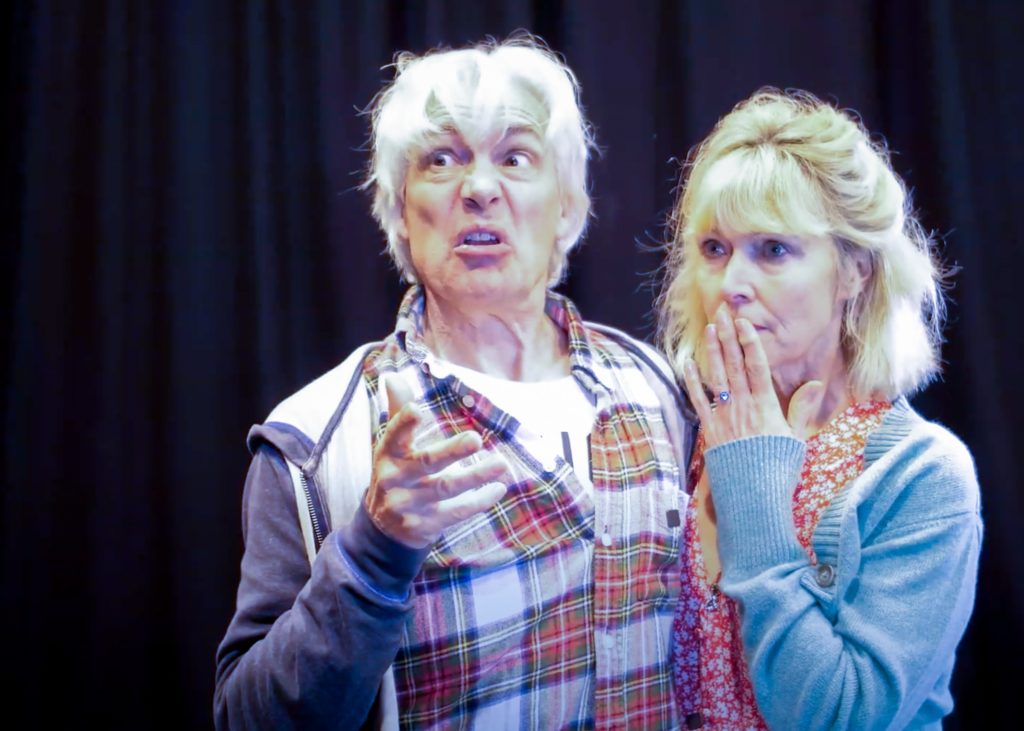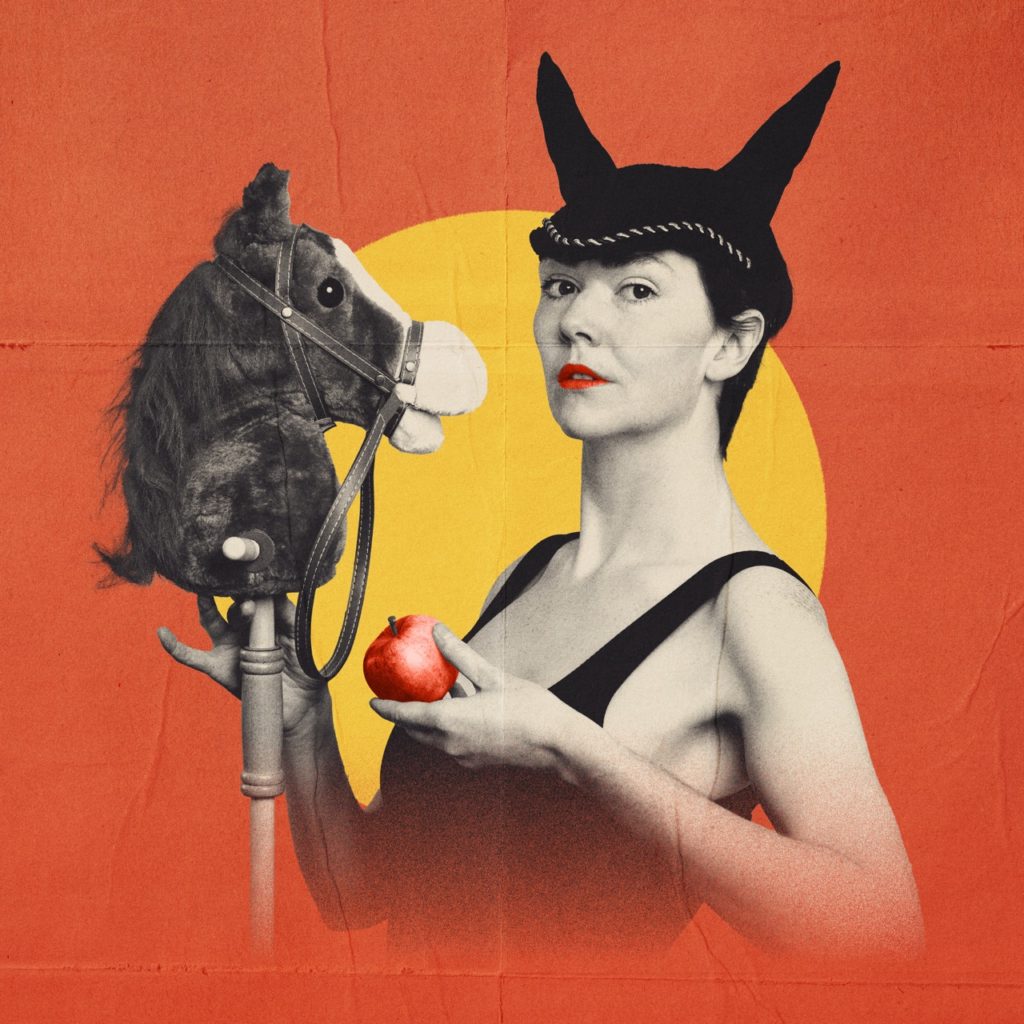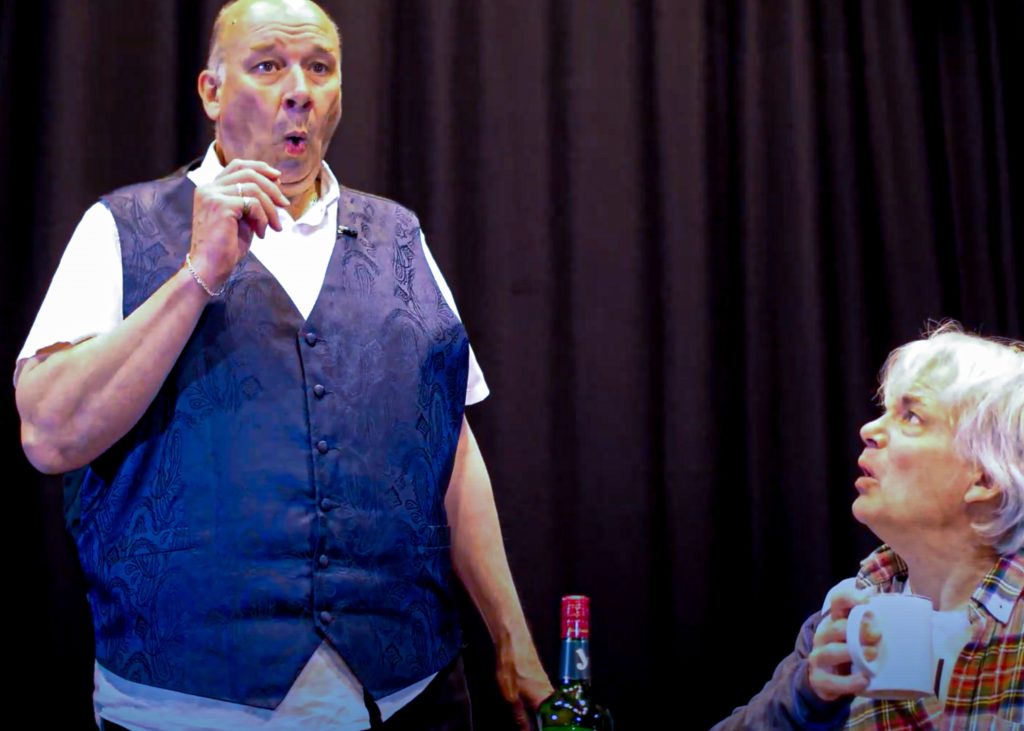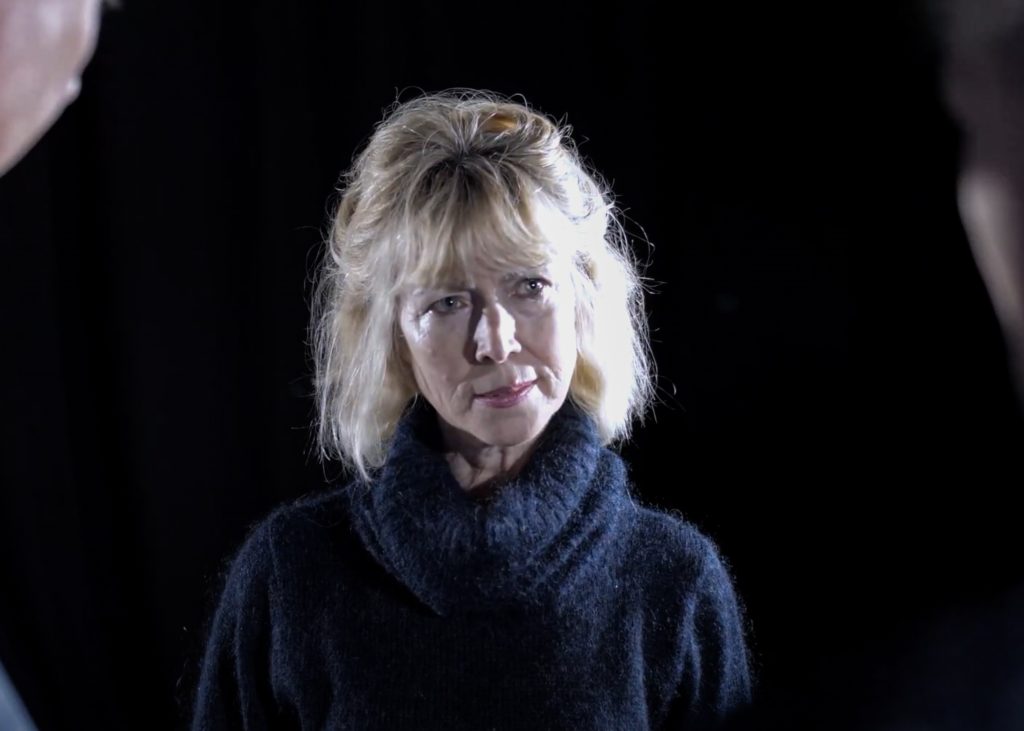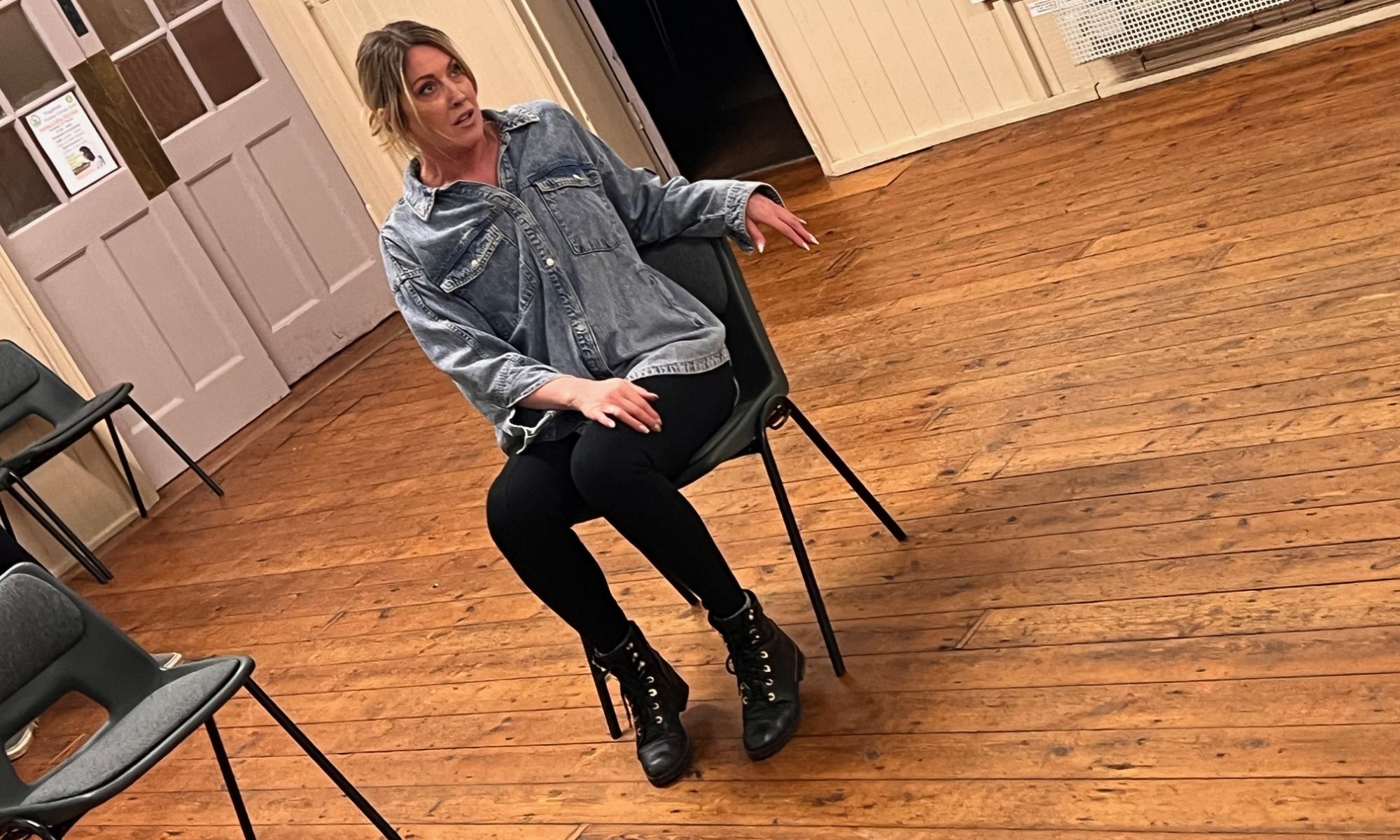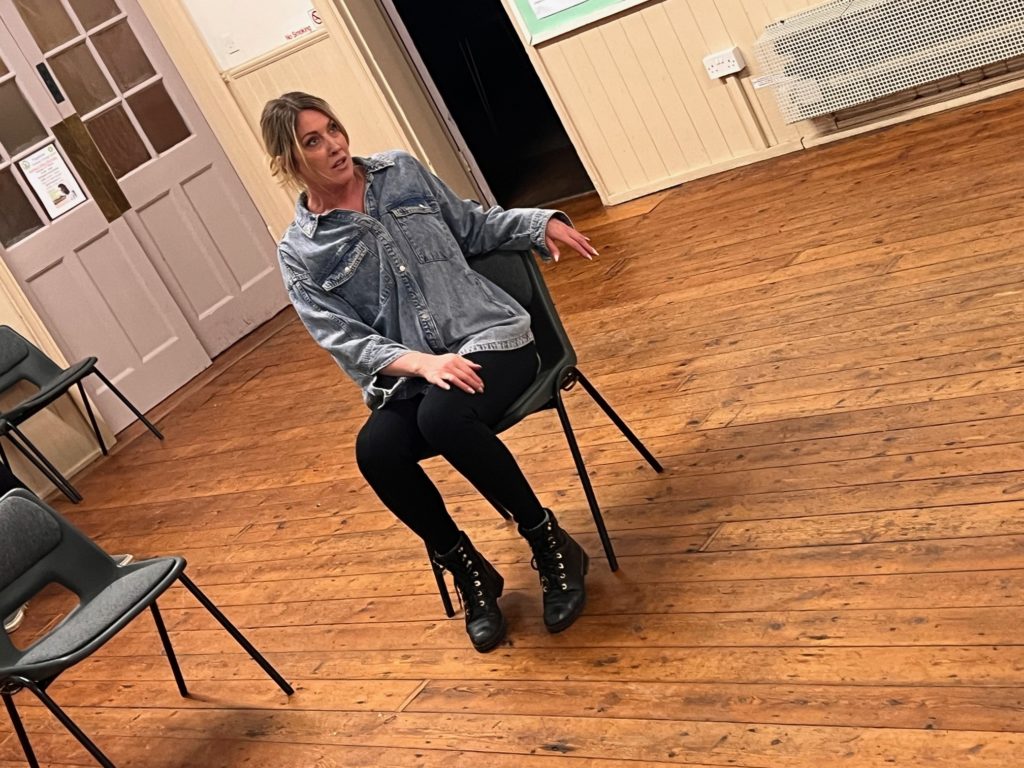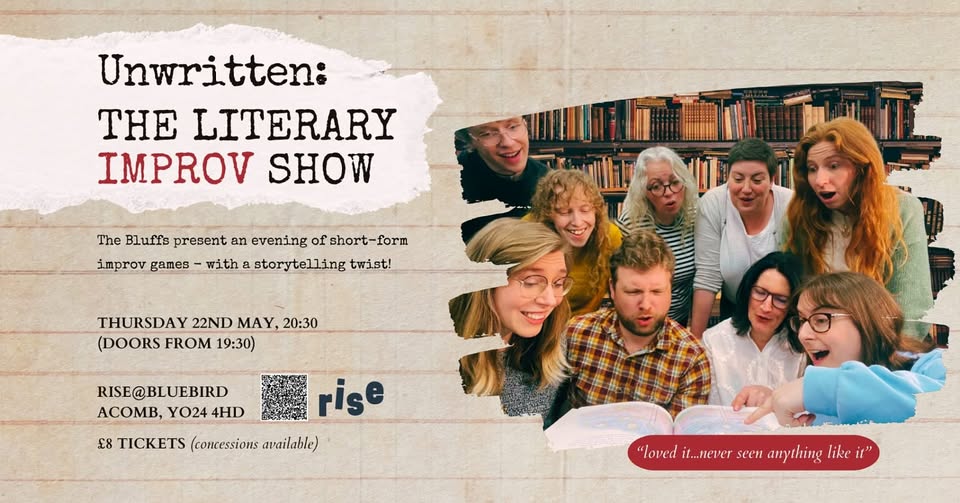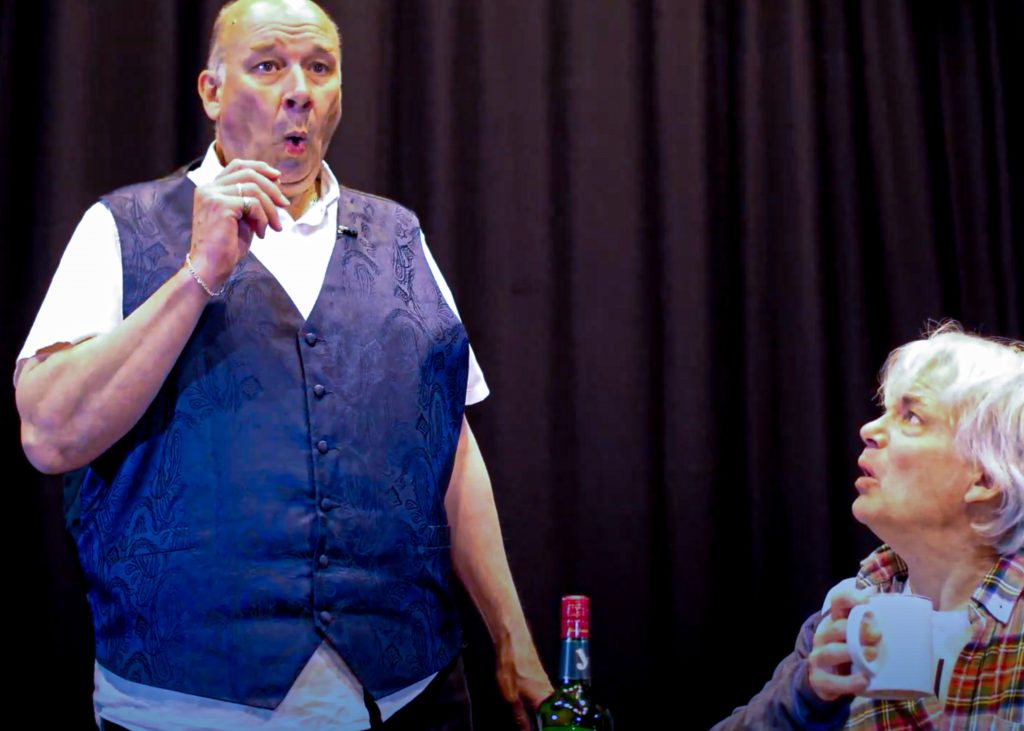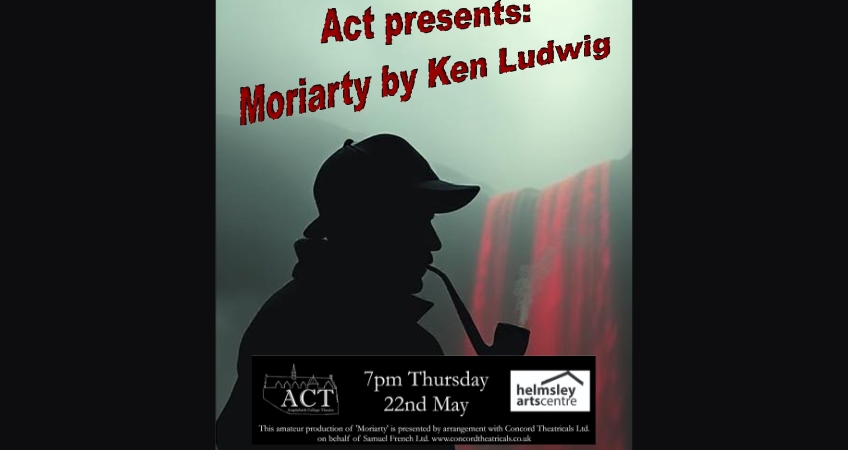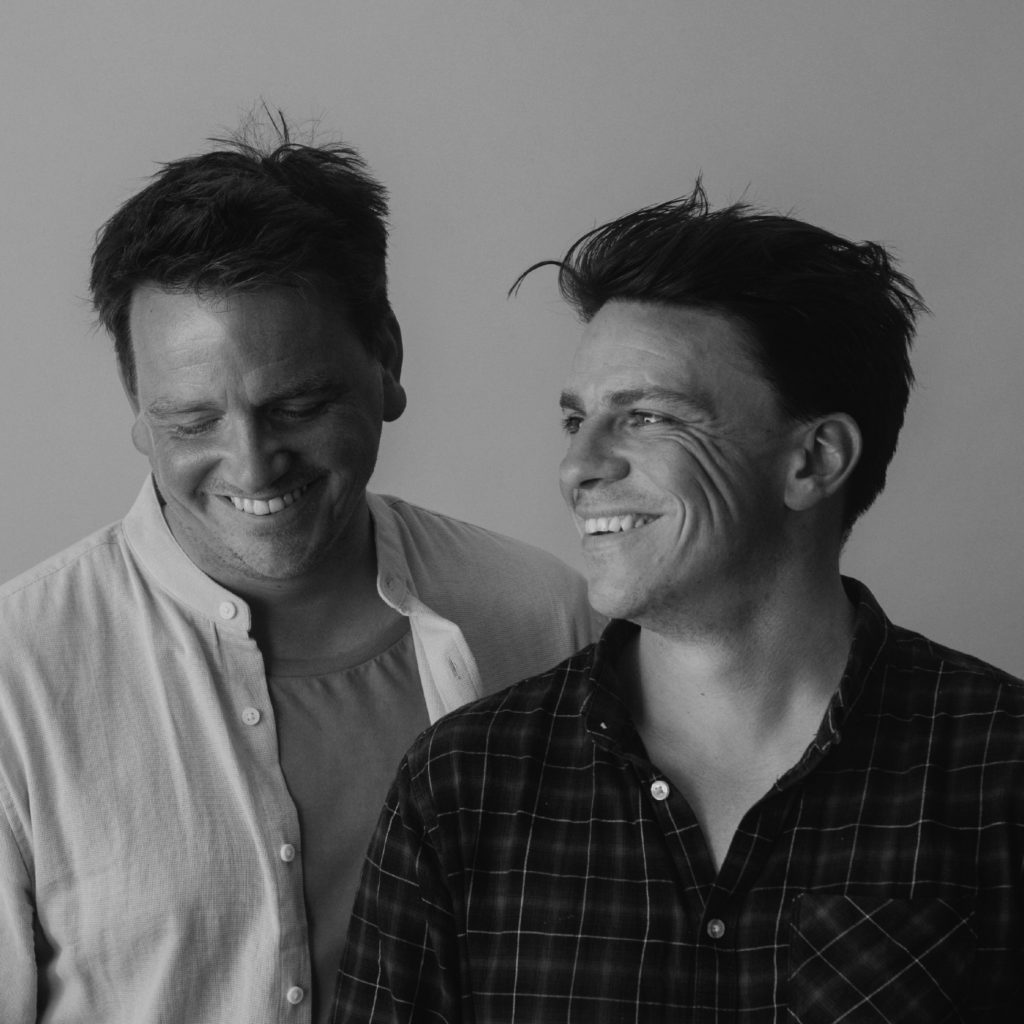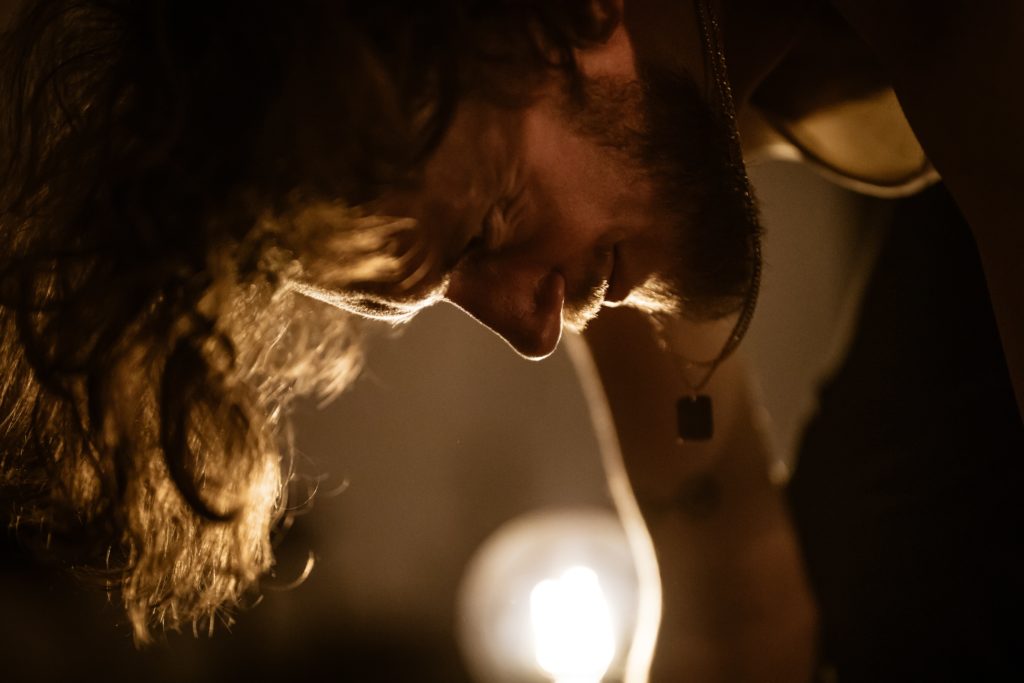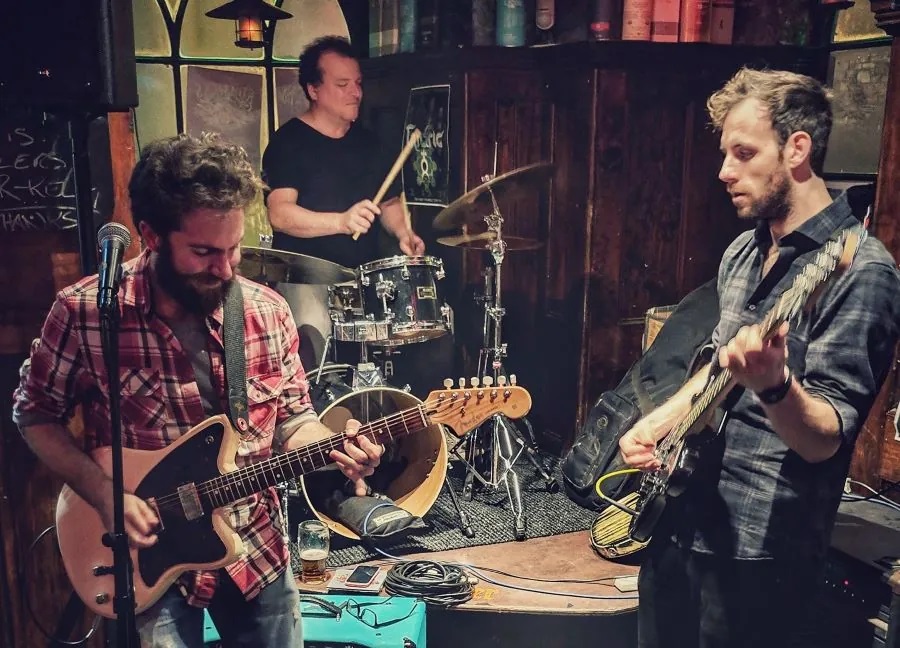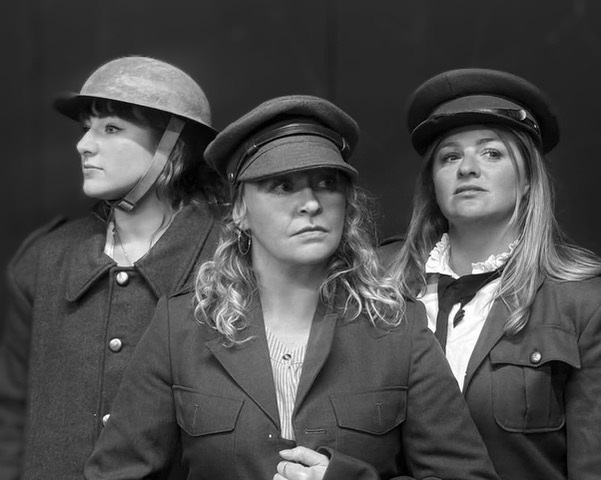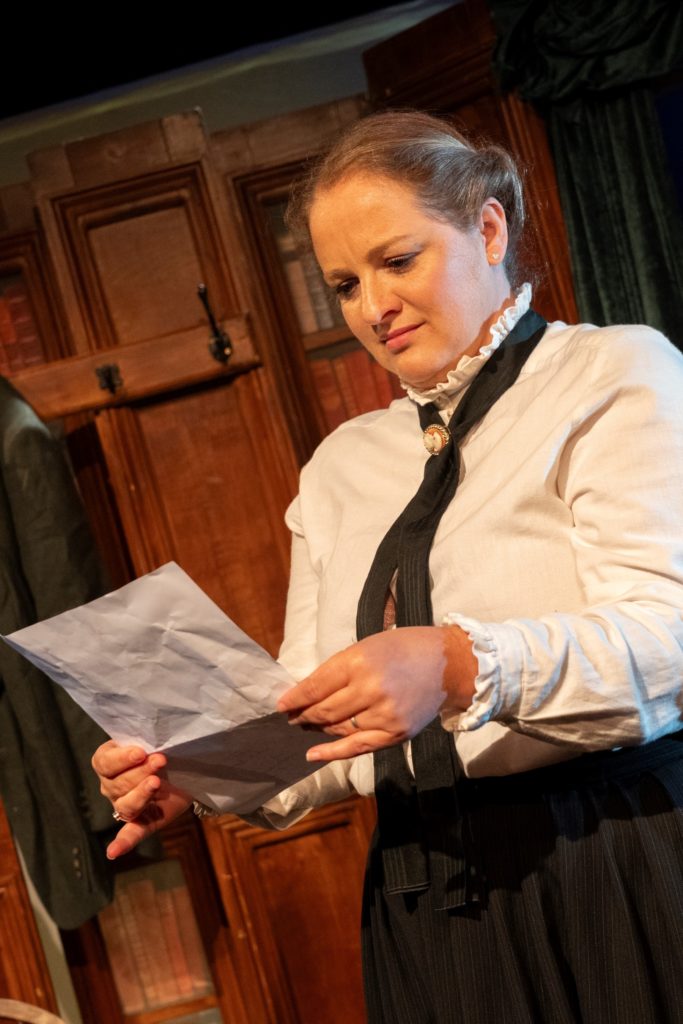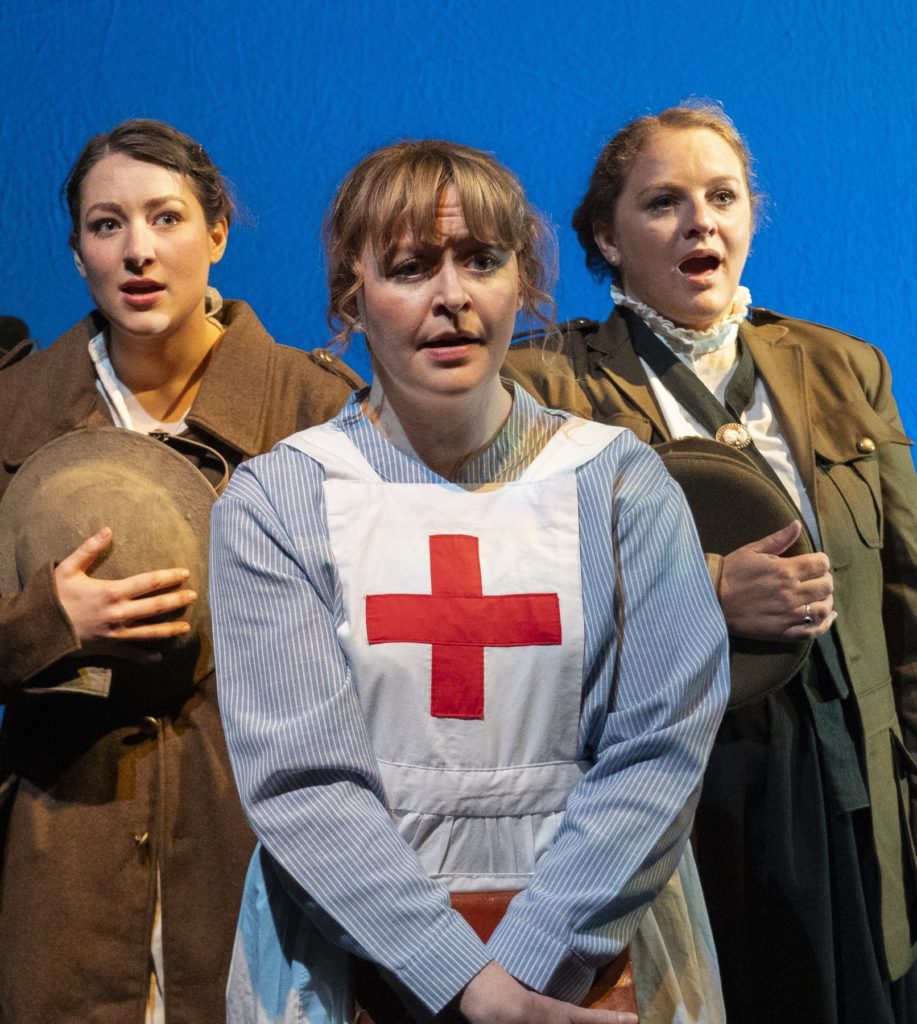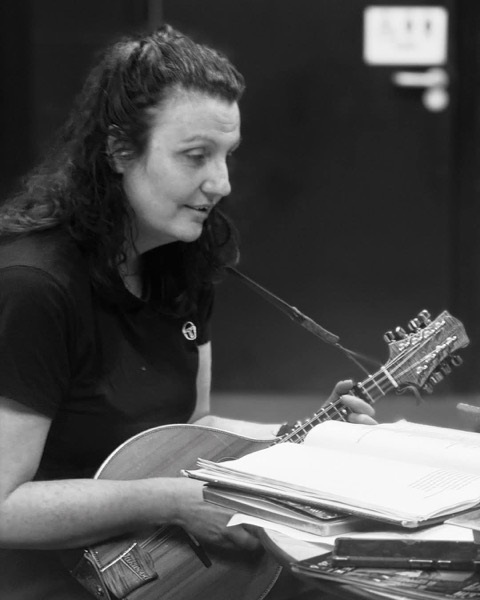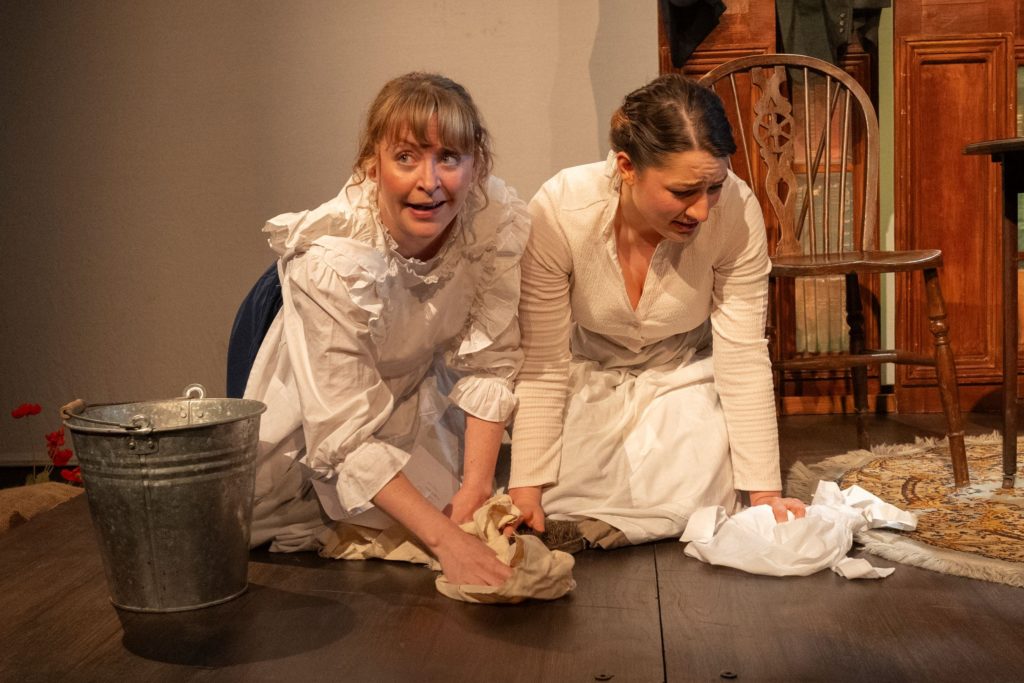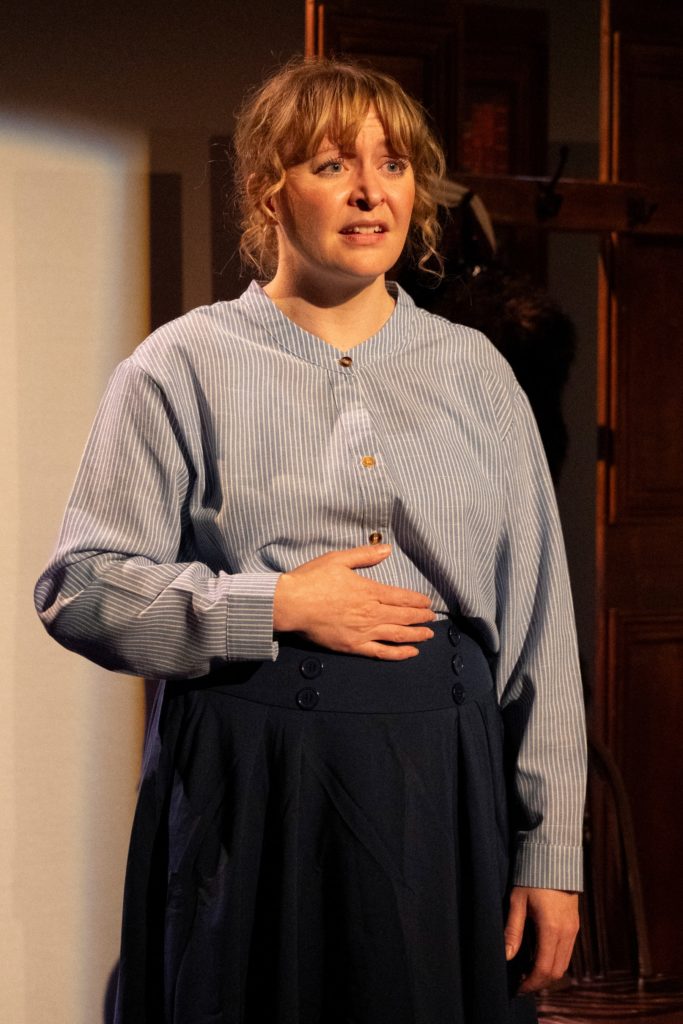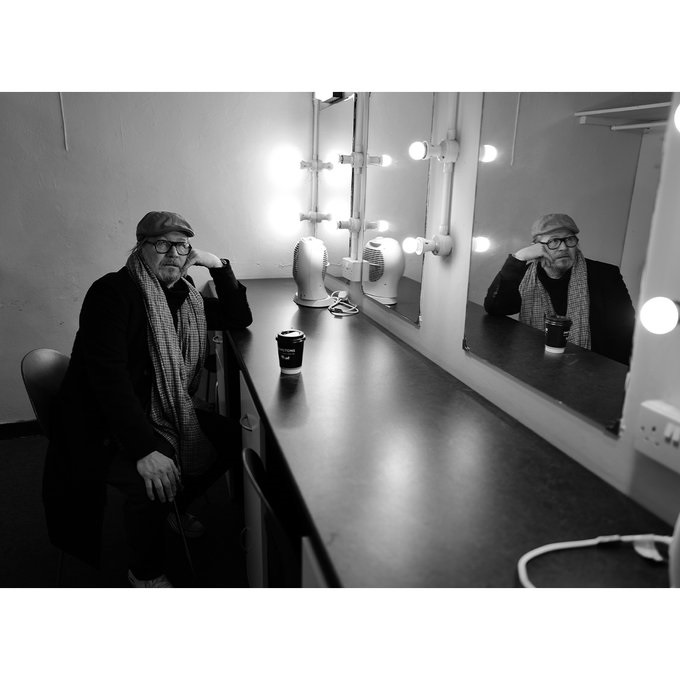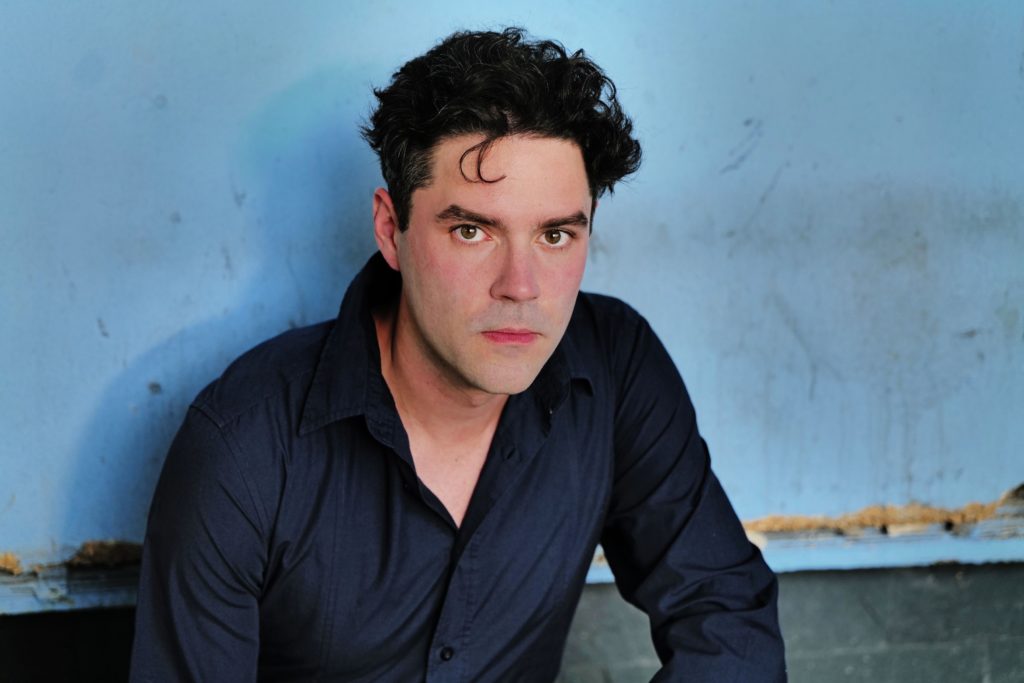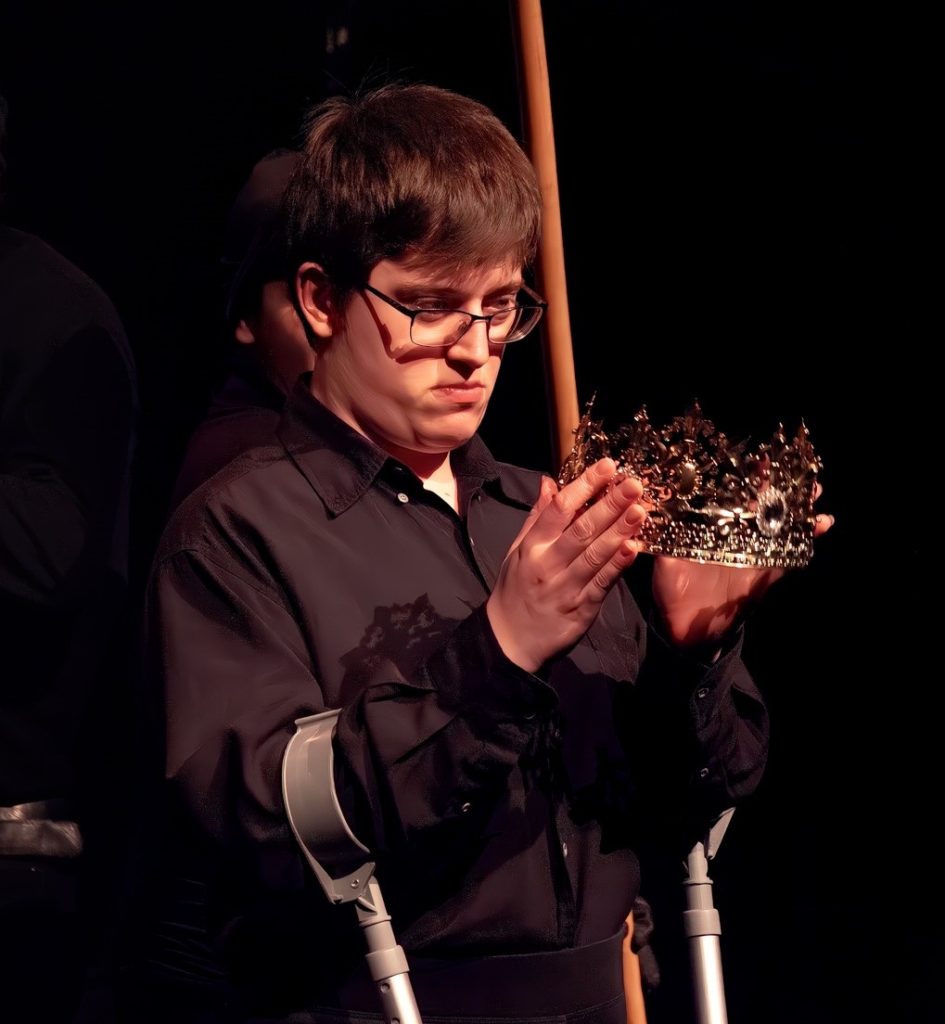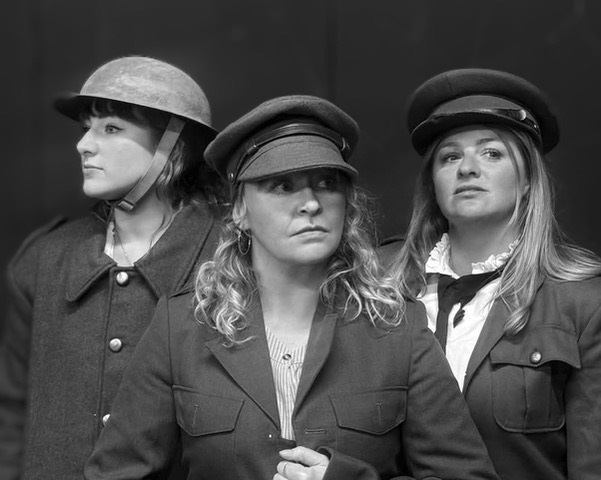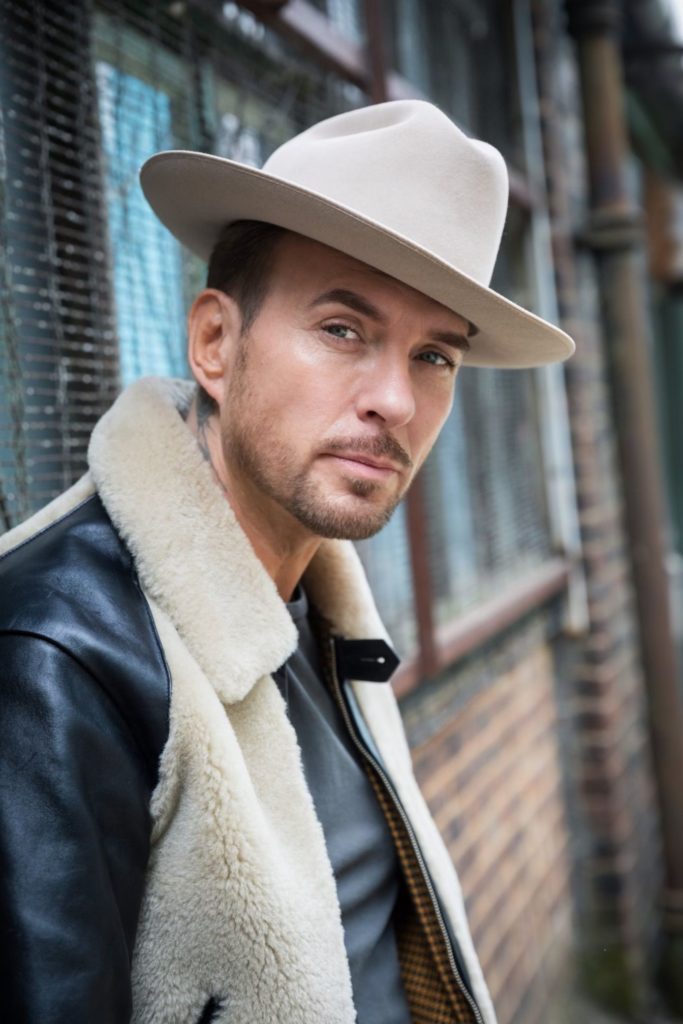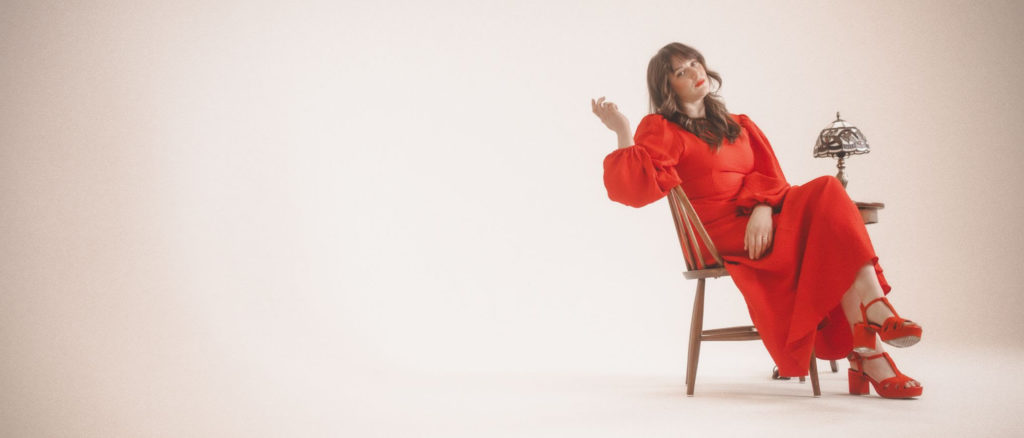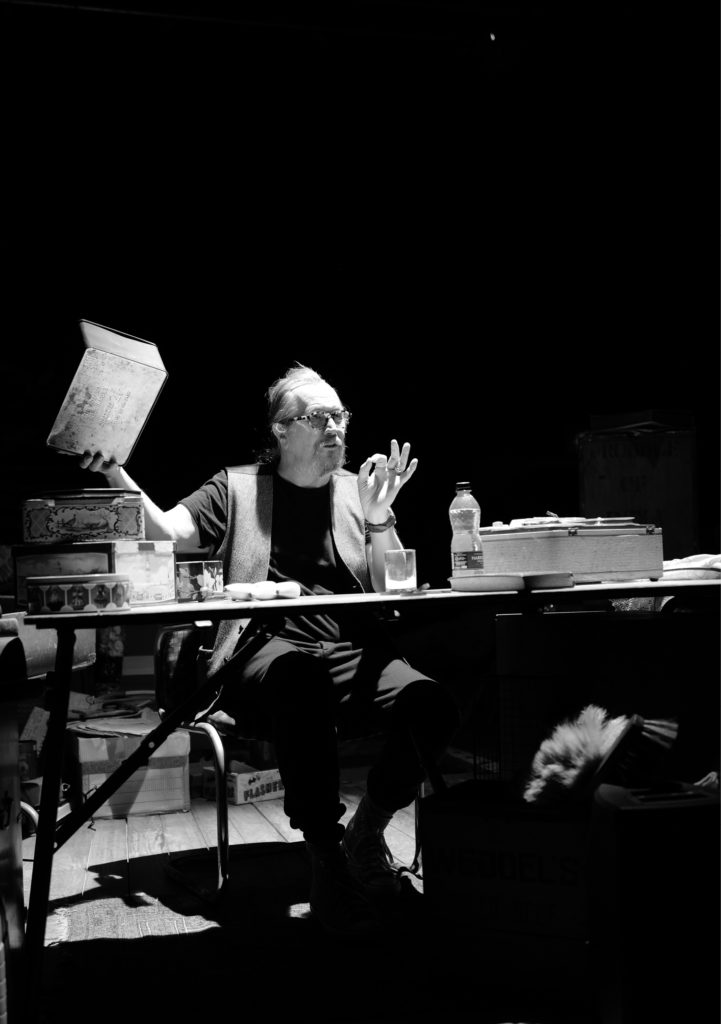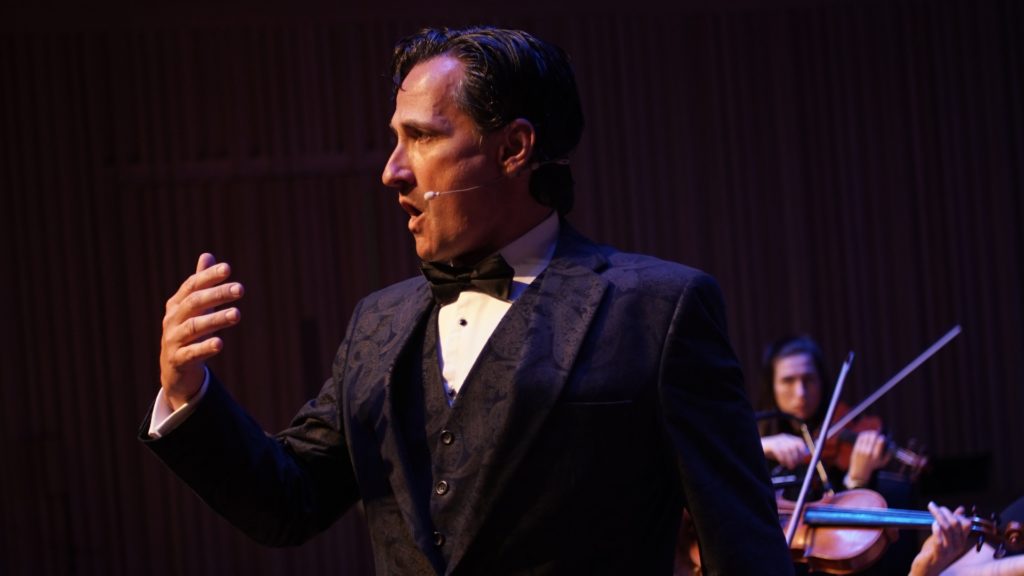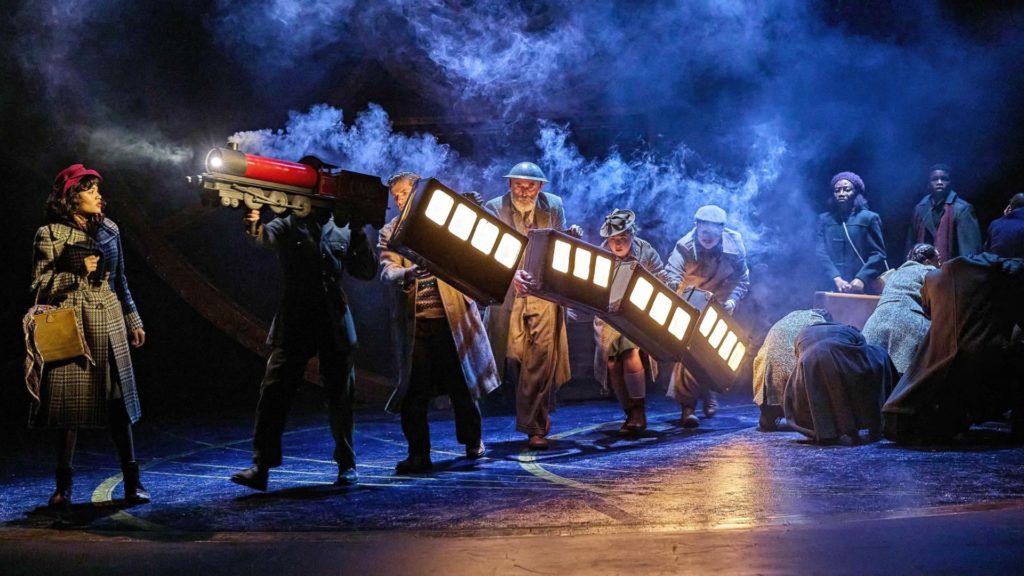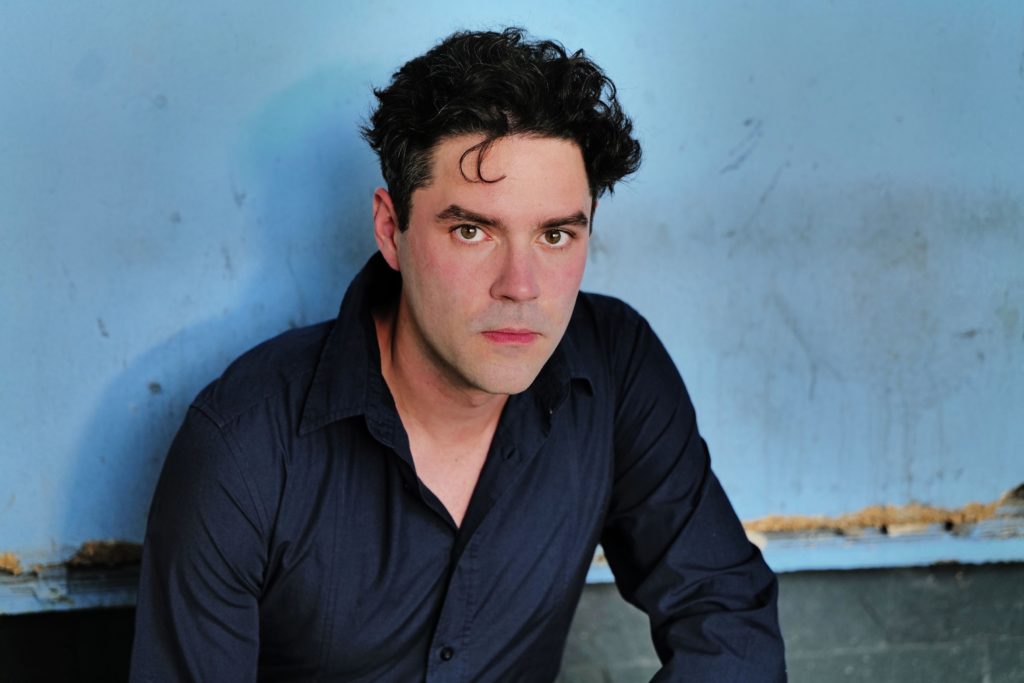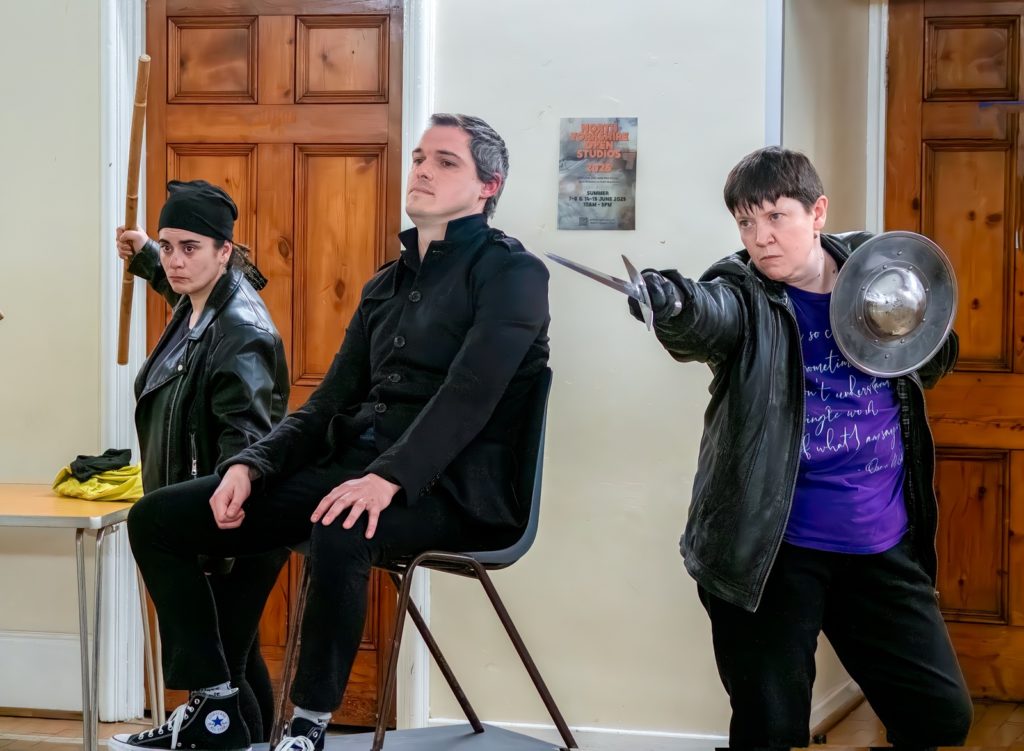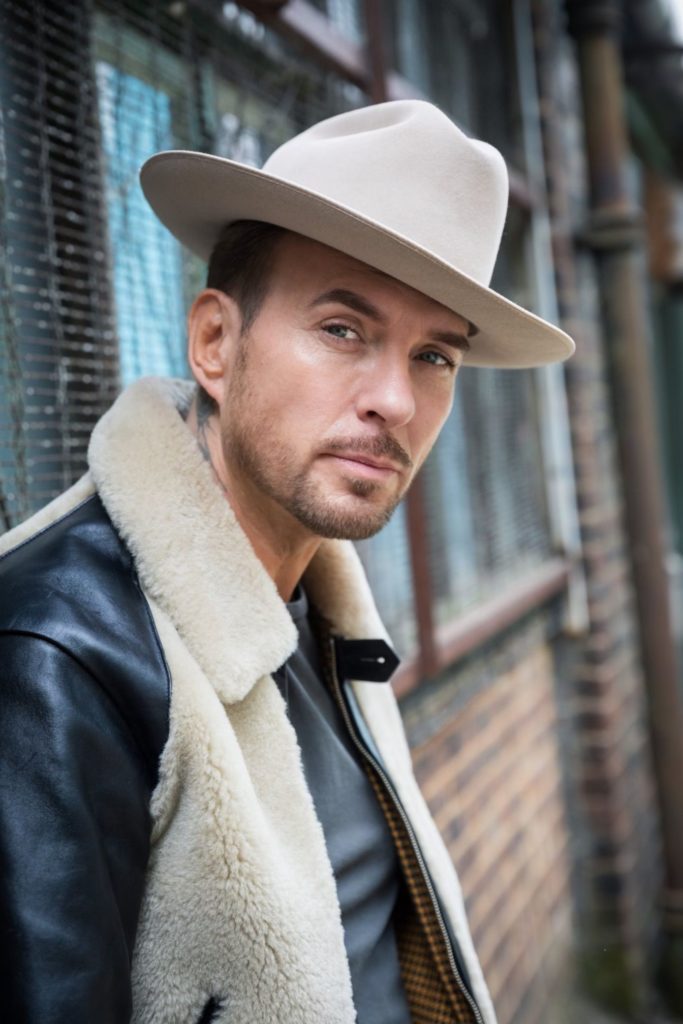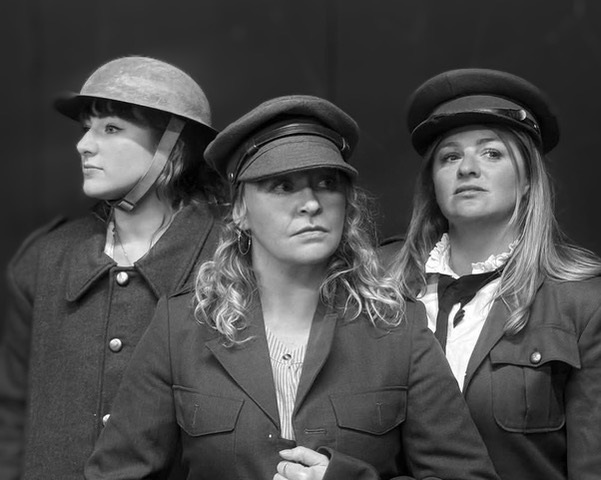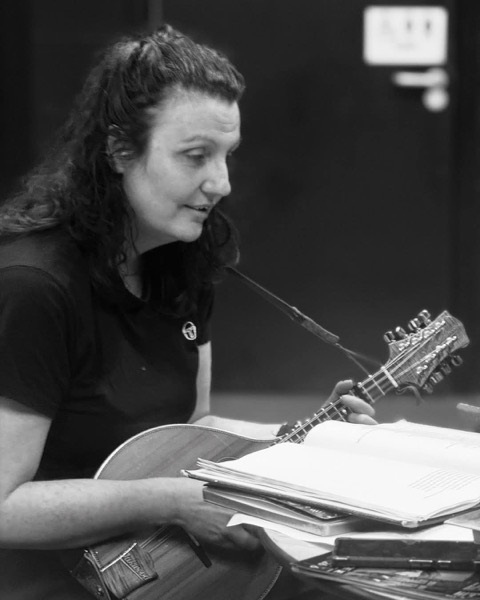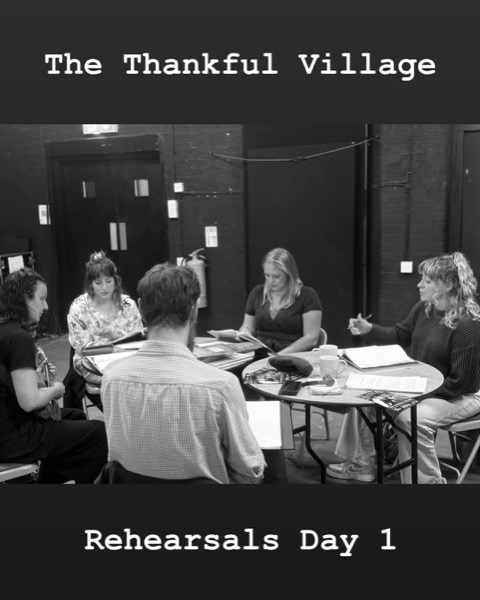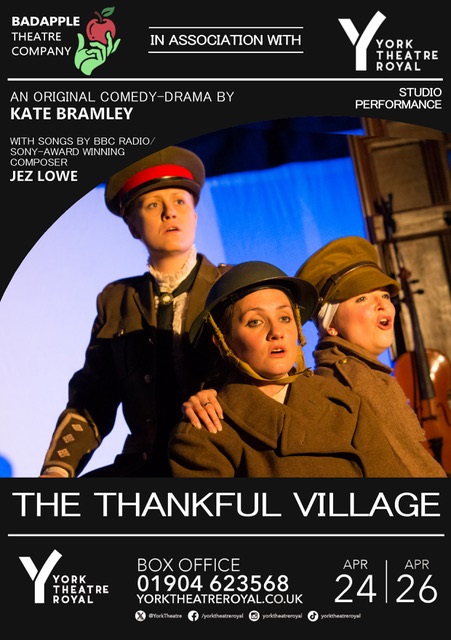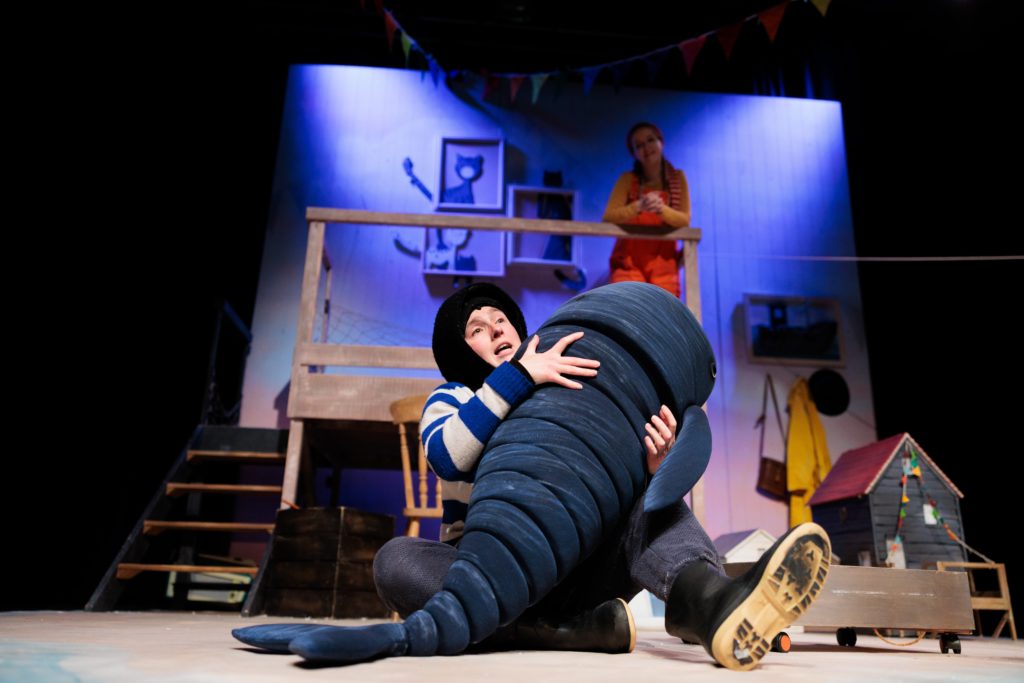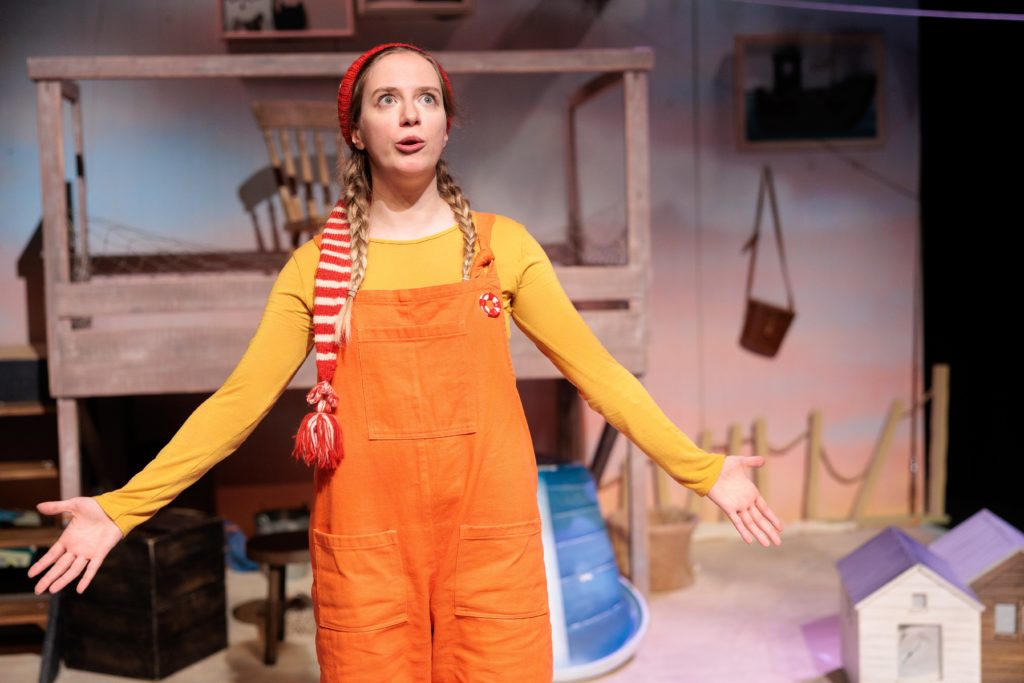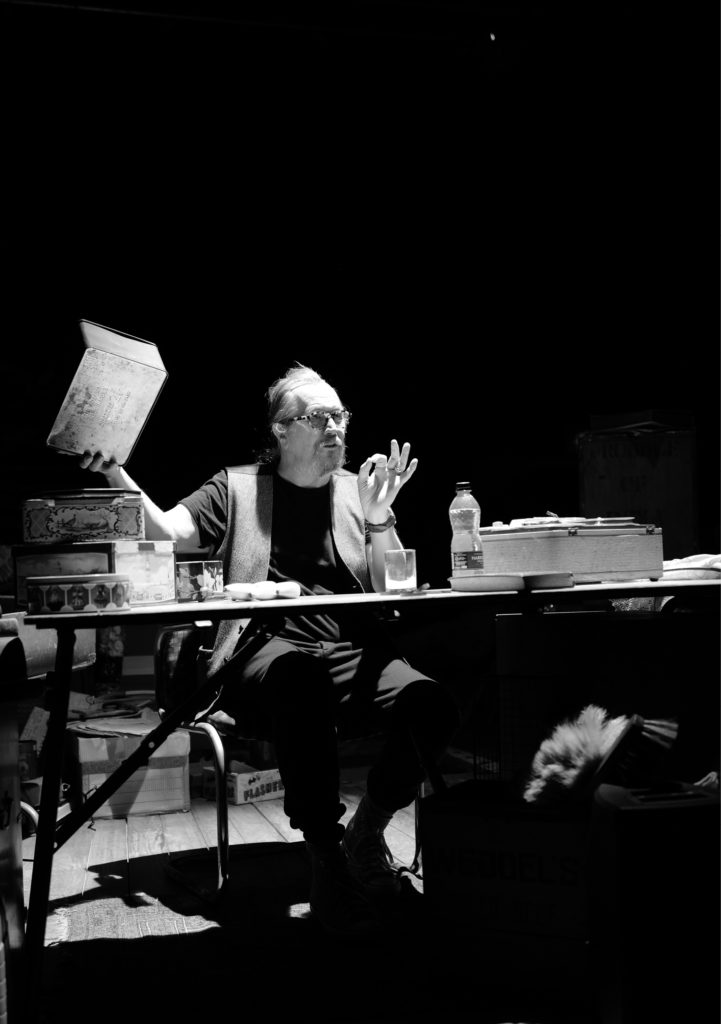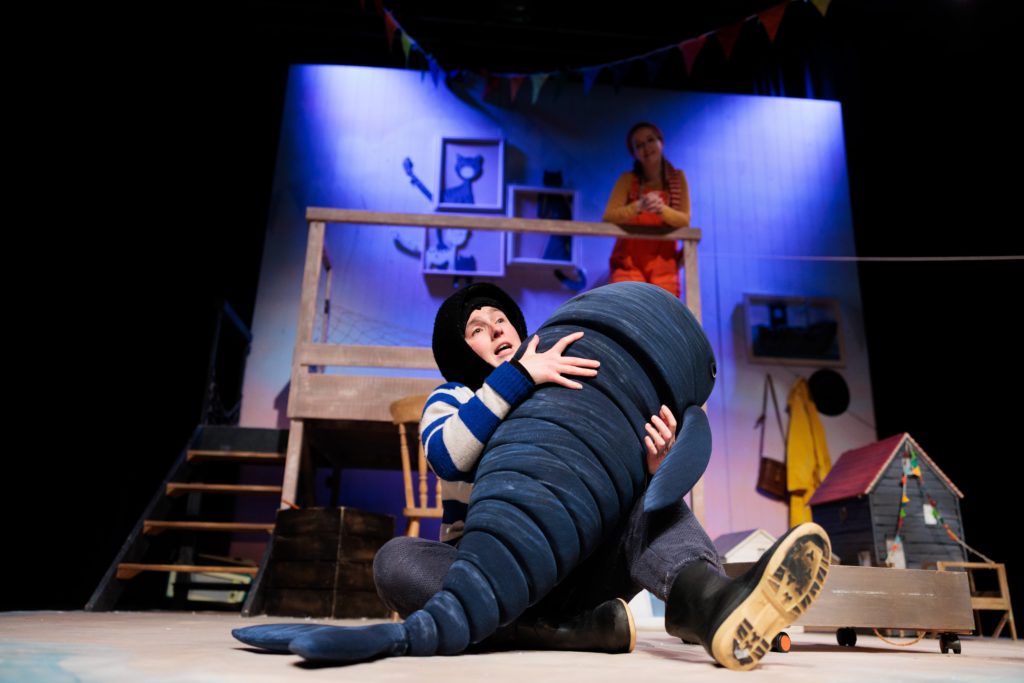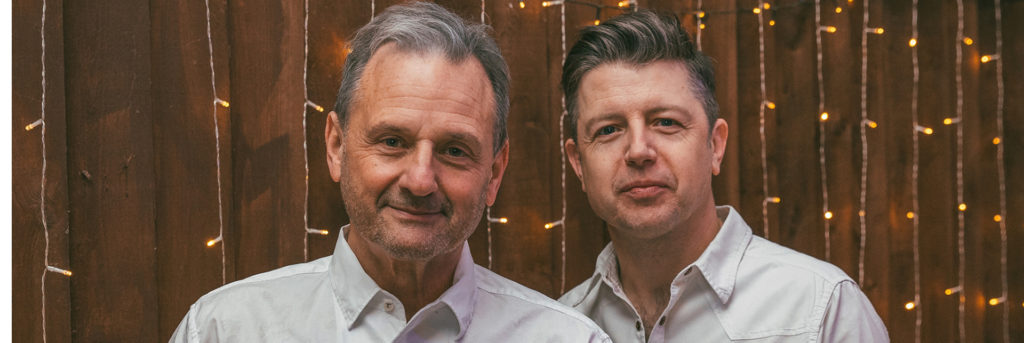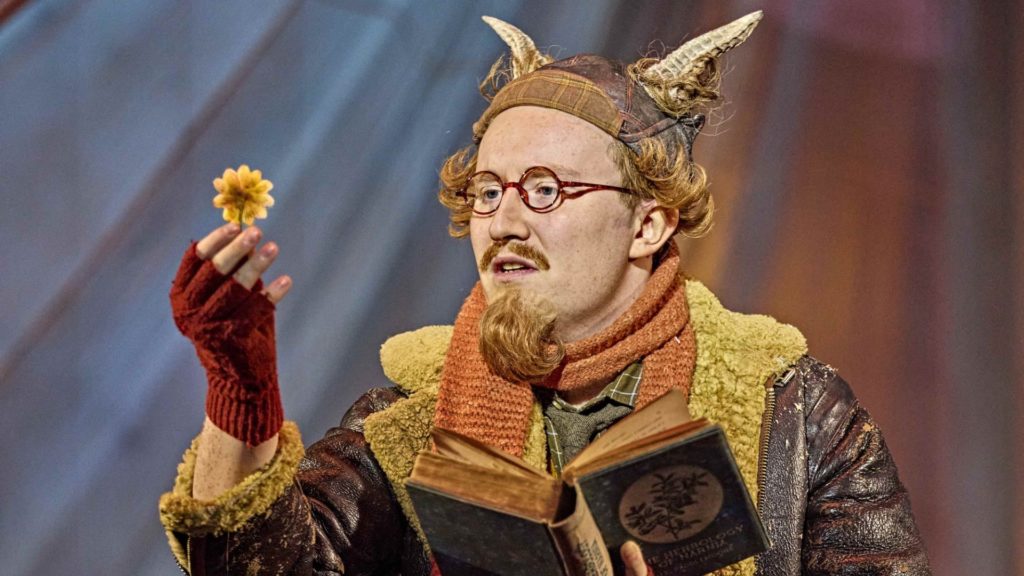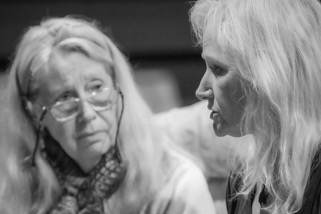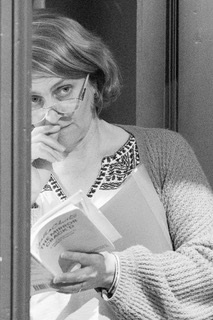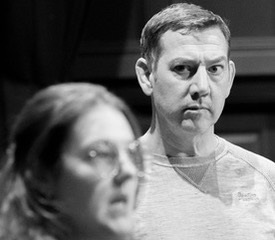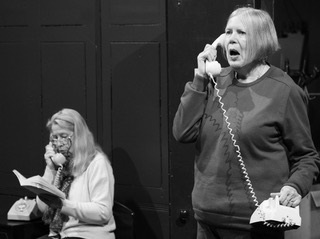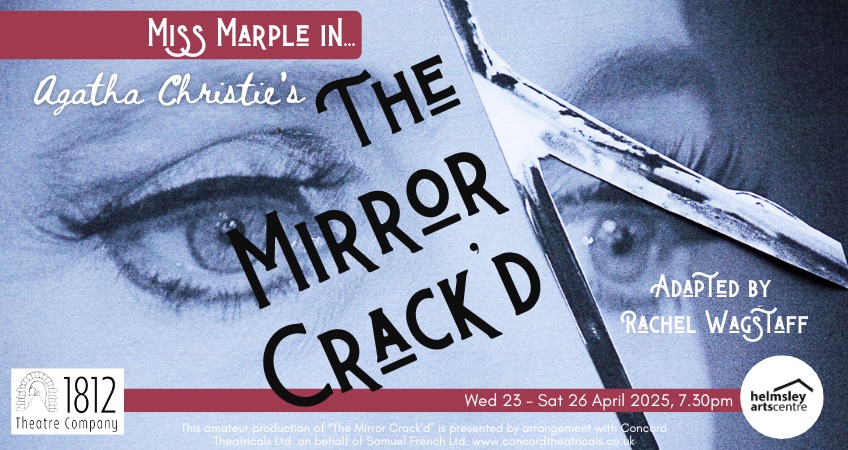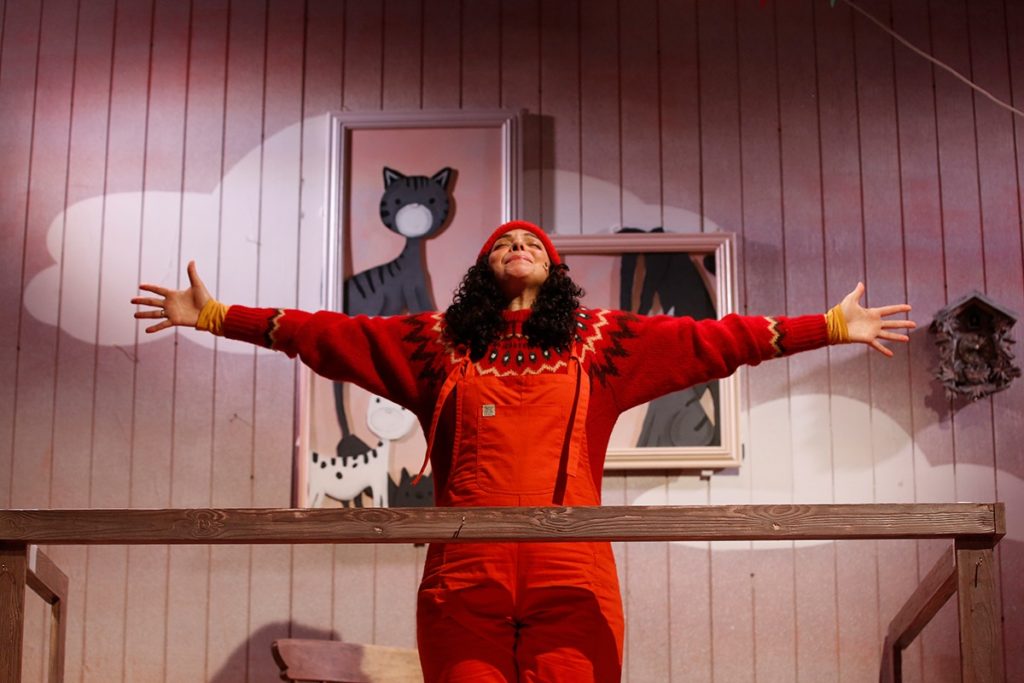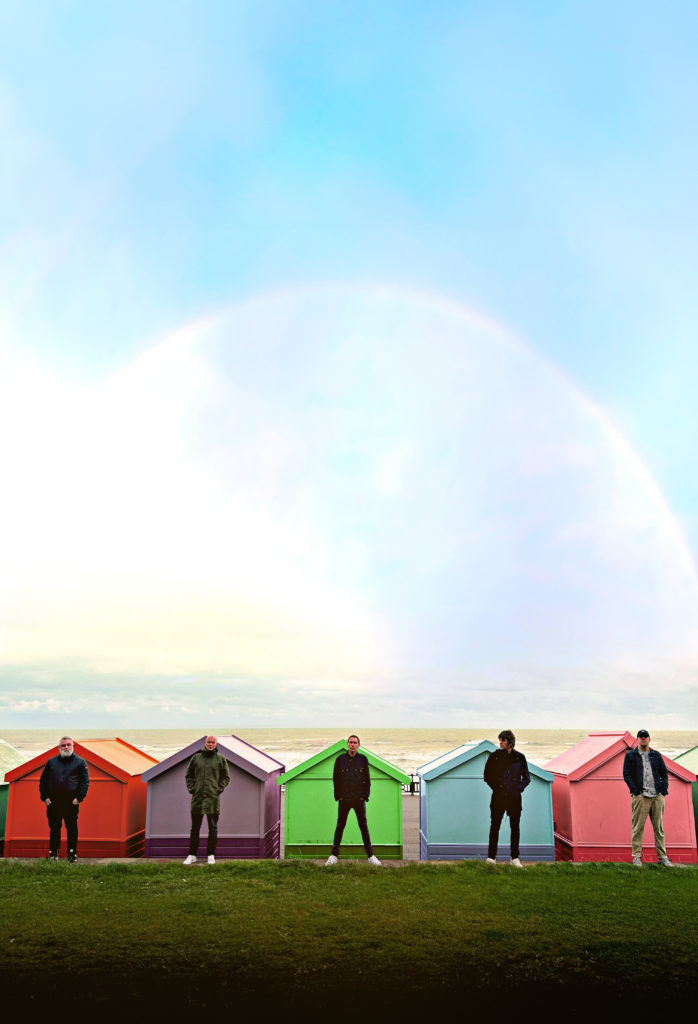
Shed Seven, huts five: Heading to the Yorkshire coast for the York band’s Scarborough Open Air Theatre debut today
OPEN studios, chocolate tales, dinosaurs and reflections on time make for a typically diverse week ahead in Charles Hutchinson’s diary.
Coastal gig of the week: Shed Seven, Jake Bugg and Cast, Scarborough Open Air Theatre, tonight; gates open at 6pm
THE 2025 season of Cuffe & Taylor concerts in the bracing sea air of Scarborough is under way. After two chart-topping 2024 albums in their 30th anniversary year, York band Shed Seven make their belated Scarborough Open Air Theatre debut tonight, supported by Jake Bugg and Cast. Box office: scarboroughopenairtheatre.com.
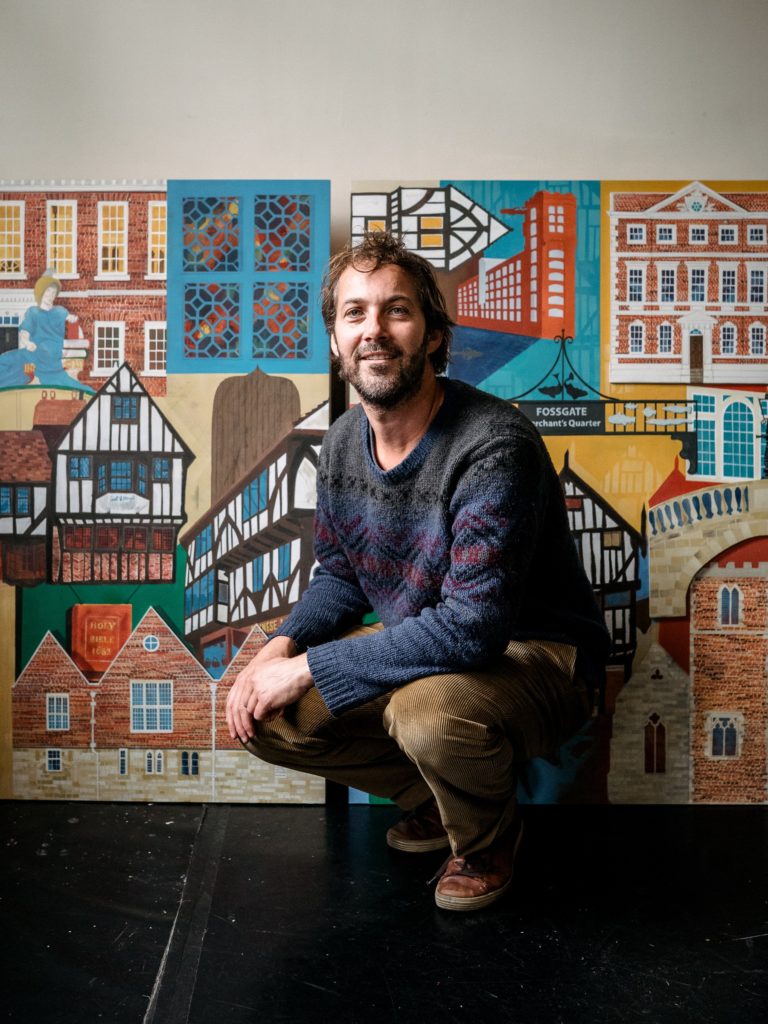
Ric Liptrot: Taking part in North Yorkshire Open Studios at PICA Studios, Grape Lane, York, today and tomorrow
Festival of the week: North Yorkshire Open Studios, today and tomorrow, 10am to 5pm
MORE than 200 artists and makers are taking part in North Yorkshire Open Studios 2025. In and around York, look out for Helen Drye; Emma James; Alex Ash; Dee Thwaite; Veronica Ongara; Rachel Jones; Laura Duval; Karen Winship; Donna Maria Taylor; Di Gomery; Caroline Utterson; Jacqueline Warrington; Constance Isobel; Jill Tattersall and Adele Karmazyn.
Opening their studios too will be: Mo Nisbet; Robin Groveer-Jacques; Fran Brammer; Rob Burton; Jo Walton; Ric Liptrot; Rae George; Lu Mason; Lisa Power; Lesley Shaw; Katrina Mansfield; Evie Leach; Drawne Up; Sam Jones; Greenthwaite Sculptor (Janie Stevens); Sarah Schiewe Ceramics; Gonzalo Blanco, Gina Bean; Freya Horsley; Graham Jones; Justine Warner; Andrew Bloodworth and Steve Page. Full details can be found at nyos.org.uk.
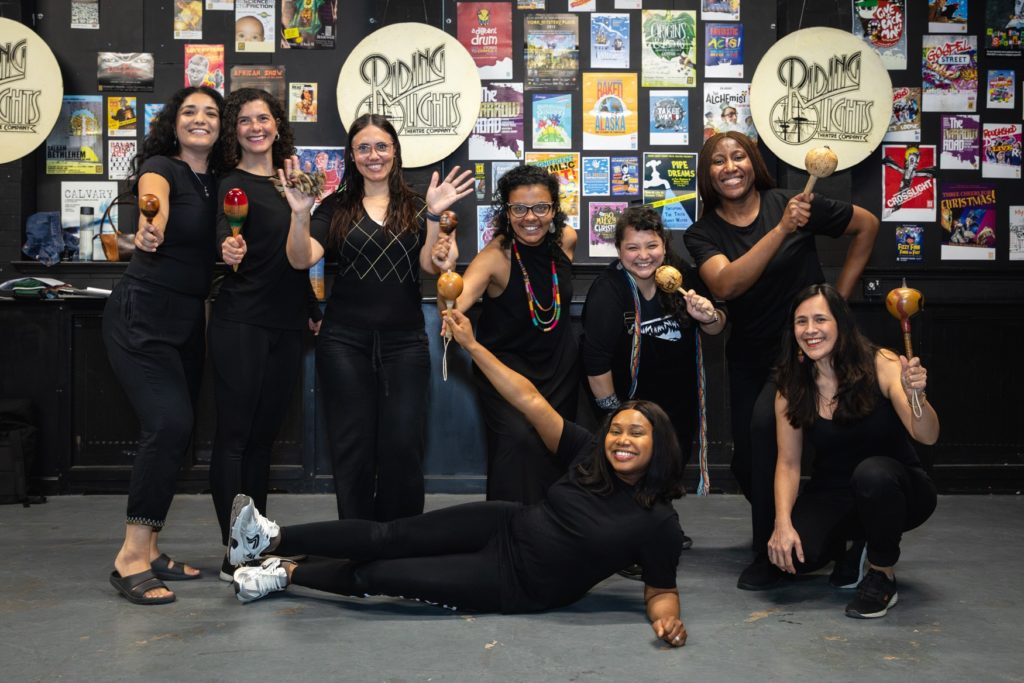
Theatre Of Connections: Bringing to life the deep roots of chocolate’s story in IxCacao at York Theatre Royal Studio
Chocolate story of the week: Theatre Of Connections, IxCacao, York Theatre Royal Studio, today, 4pm
INSPIRED by the Mayan legend of the Cacao Goddess, IxCacao journeys into an ancient time when the Earth thrived under the care of matriarchs and the rhythm of nature. Movement, song, and storytelling combine in a reclamation of community, pleasure and ancestral knowledge in the face of domination: a reminder that joy is a revolutionary act and that true abundance is meant for all.
Theatre Of Connections, a York theatre group made up of “individuals from the global majority and people with refugee and asylum-seeker background”, brings to life the deep roots of chocolate’s story to honour the many who have carried its legacy forward. Box office: 01904 623568 or yorktheatreroyal.co.uk.
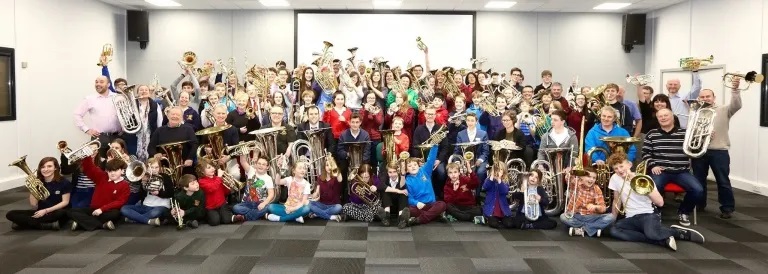
Shepherd Group Brass Band : In concert at Joseph Rowntree Theatre
Brass concert of the week: Shepherd Group Brass Band Spring Concert, Joseph Rowntree Theatre, York, tonight, 7.30pm
FROM their Brass Roots through to their Championship section, the Shepherd Group Brass Band presents a mix of all genres of music, culminating in a grand finale when all band members play together on stage. Tickets update: Last few still available on 01904 501935 or josephrowntreetheatre.co.uk.
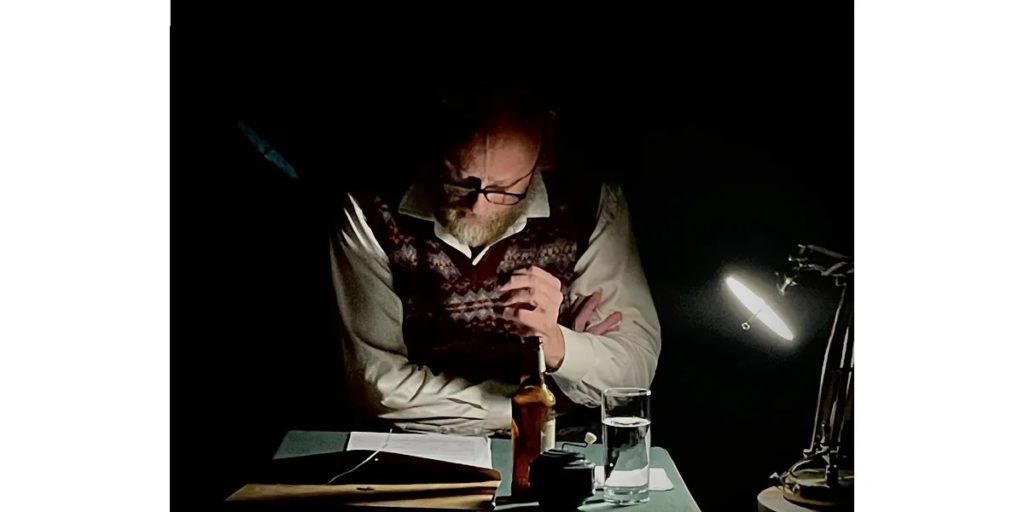
Robert Lloyd Parry: Telling tales from The Archive Of Dread at Theatre@41, Monkgate
Tales of terror of the week: Robert Lloyd Parry in The Archive Of Dread: Revisited, Theatre@41, Monkgate, York, tonight, 7.30pm
IN late 2019, Southport storyteller Robert Lloyd Parry inherited the contents of a flat belonging to a dead man he had never met. The property was full of boxes, stuffed with chilling documents: letters, diaries, newspaper cuttings, notebooks and postcards. Filed in disarray, they all told impossible tales of terror.
After the stunning revelation of two of these documents in York last year, Lloyd Parry now begs leave to share more items from The Archive Of Dread. Box office: tickets.41monkgate.co.uk.
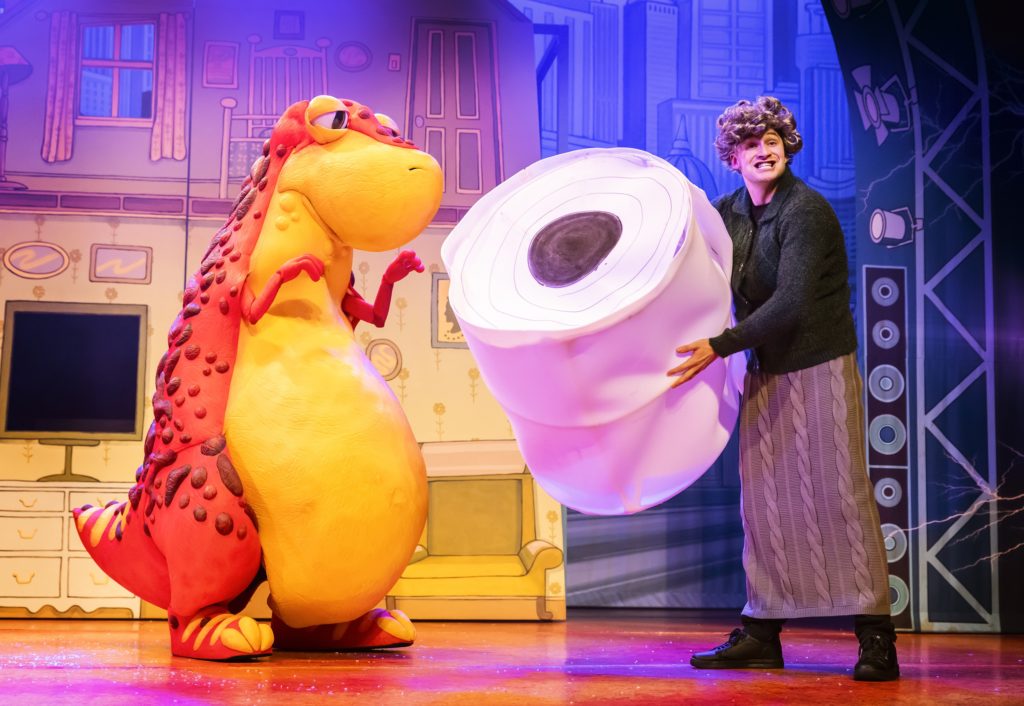
Rock’n’looroll: The Dinosaur That Pooped: The Rock Show at Grand Opera House, York, tomorrow
Children’s show of the week: The Dinosaur That Pooped: A Rock Show, Grand Opera House, York, tomorrow, 12.30pm and 3.30pm
WHEN Danny and Dino’s favourite rock band announce their last ever concert, they go on a quest to acquire the last two tickets. However, a villainous band manager is lurking, so nothing goes to plan. Will the band perform? Will Danny rock out? Or will Dino’s rumbling tummy save the day?
Adapted from the number one best-selling books by McFly’s Tom Fletcher and Dougie Poynter, this new 60-minute stage show, directed by Miranda Larson, promises a “poopy good time” for all the family. Cue new songs by Fletcher and Poynter, loads of laughs and “a whole lot of poo”. Box office: atgtickets.com/york.
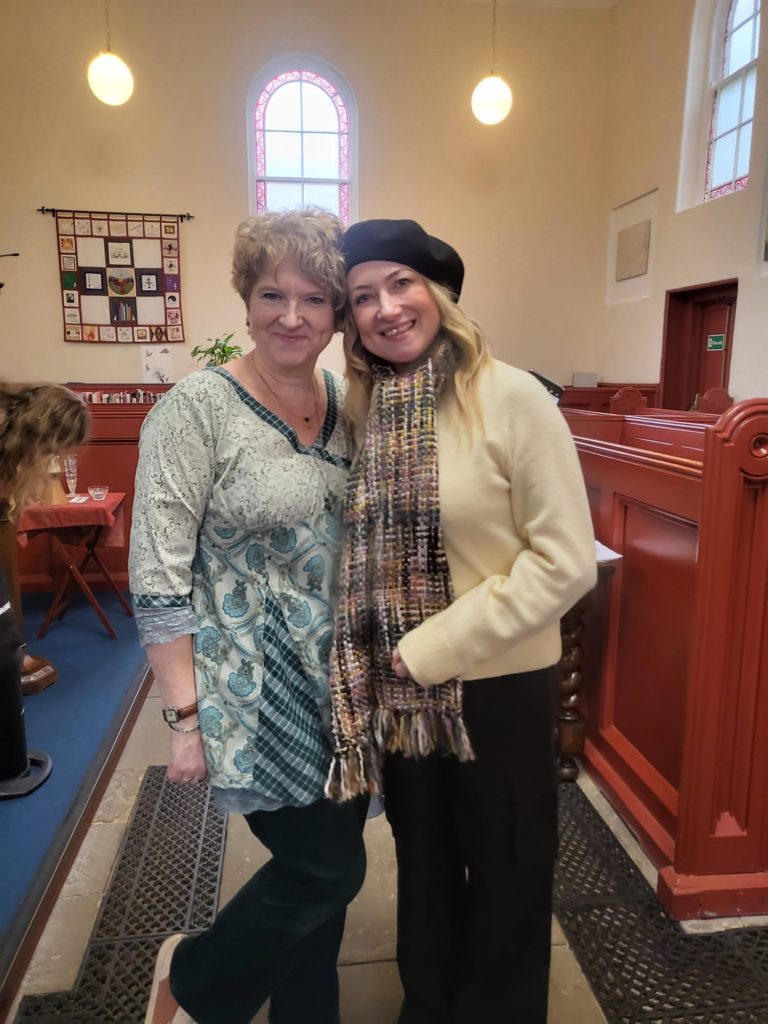
Singer Jessa Liversidge, left, and her poet sister Andrea Brown: Combining in A Tapestry Of Life at Theatre@41, Monkgate
Life, love and loss: Jessa Liversidge: A Tapestry Of Life, Theatre@41, Monkgate, York, tomorrow, 6pm
EASINGWOLD singer, songwriter and community singing workshop champion Jessa Liversidge presents her 60-minute solo musical performance, inspired by Carole King’s album Tapestry.
Such much-loved songs as You’ve Got A Friend, Will You Love Me Tomorrow?, It’s Too Late, So Far Away, I Feel The Earth Move and Natural Woman will be interspersed with original songs, rooted in the powerful poetry of Jessa’s sister, Andrea Brown, from her Life, Love, Loss collection, reflecting on “life’s big themes of love and friendship and loss, situations and journeys, that every human can identify with”. Box office: tickets.41monkgate.co.uk.

Comedian Raul Kohli: Exploring what it means to be British in Raul Britannia at Theatre@41, Monkgate
Comedy gig of the week: Raul Kohli: Raul Britannia, Theatre@41, Monkgate, York, June 21, 8pm
COMEDIAN and proud Brit Raul Kohli is the son of a Hindu Indian and Sikh Singaporean, raised in Newcastle upon Tyne, where his best friend was a Pakistani Muslim.
Kohli has lived in every corner of this glorious nation and is fascinated by the diversity of these small isles. Imagine his surprise to hear from politicians and the media that “multiculturalism has failed”: the spark that lit the flame for his exploration of what it means to be British. Box office: tickets.41monkgate.co.uk.
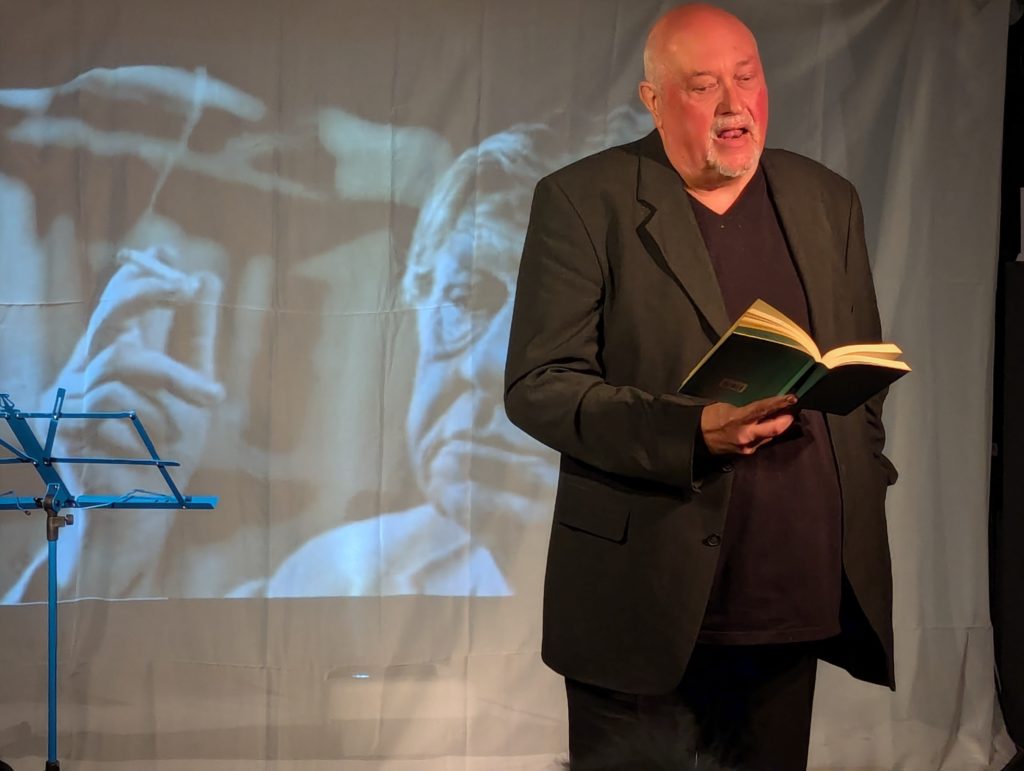
Poet Ian Parks: Performing in About Time Too at St Olave’s, Marygate, York, this evening
In Focus: York Festival of Ideas event of the day: Navigators Art presents About Time Too, St Olave’s, Marygate, York,today, 7pm
ABOUT Time Too rounds off a day of free talks celebrating time. Navigators Art’s evening concert features poetry readings, music and original song settings, including works by York-born poet W H Auden and Nobel Prize winner Seamus Heaney, together with time-related works by York writers and musicians.
Taking part will be Jane Stockdale, from White Sail; poet Ian Parks; electronic musicians Namke Productions; writer and University of York creative industries academic JT Welsch and poet and novelist Janet Dean Knight. Box office: bit.ly/nav-events.
Meanwhile, the Micklegate Arts Trail is in its final week, ending on Sunday (15/6/2025) with live music at The Falcon and The Hooting Owl at 2pm and 7pm, as well as works by 35 York artists in shops, cafes, pubs and restaurants.
Look out, in particular, for the display of 3D work in Holy Trinity church, curated by Navigators team member Nick Walters.

Navigators Art’s poster for Making Waves Live!, Sounds of the Solstice
In addition, the Making Waves exhibition is extending the Arts Trail into City Screen Picturehouse, Micklegate, where collage artist George Willmore has curated an exhibition by 20 further artists, including new and more familiar York names. The works are on show in the cafe and the first-floor corridor gallery until July 4.
All events are free and the trail and exhibition are open during business and licensing hours.
In the aftermath of the festival, Making Waves Live! Sounds of The Solstice in The Basement at City Screen Picturehouse will showcase some of Navigators Art’s favourite performers from the past two years of live events, complemented new friends, on June 21.
The first session will run from 4pm to 6.30pm; the second will start at 7.30pm after a break. “We’ve lined up a superb range of local poets, comedians, singers and bands in a celebratory midsummer festival,” says Navigators Art co-founder Richard Kitchen.
Taking part will be folk song duo Adderstone, poet Becca Drake, comedian Cooper Robson, storyteller Lara McClure, punk/jazz trio Borgia, psychedelic band Soma Crew and more. For full details and tickets (from Ticket Source), go to: bit.ly/nav-events.

